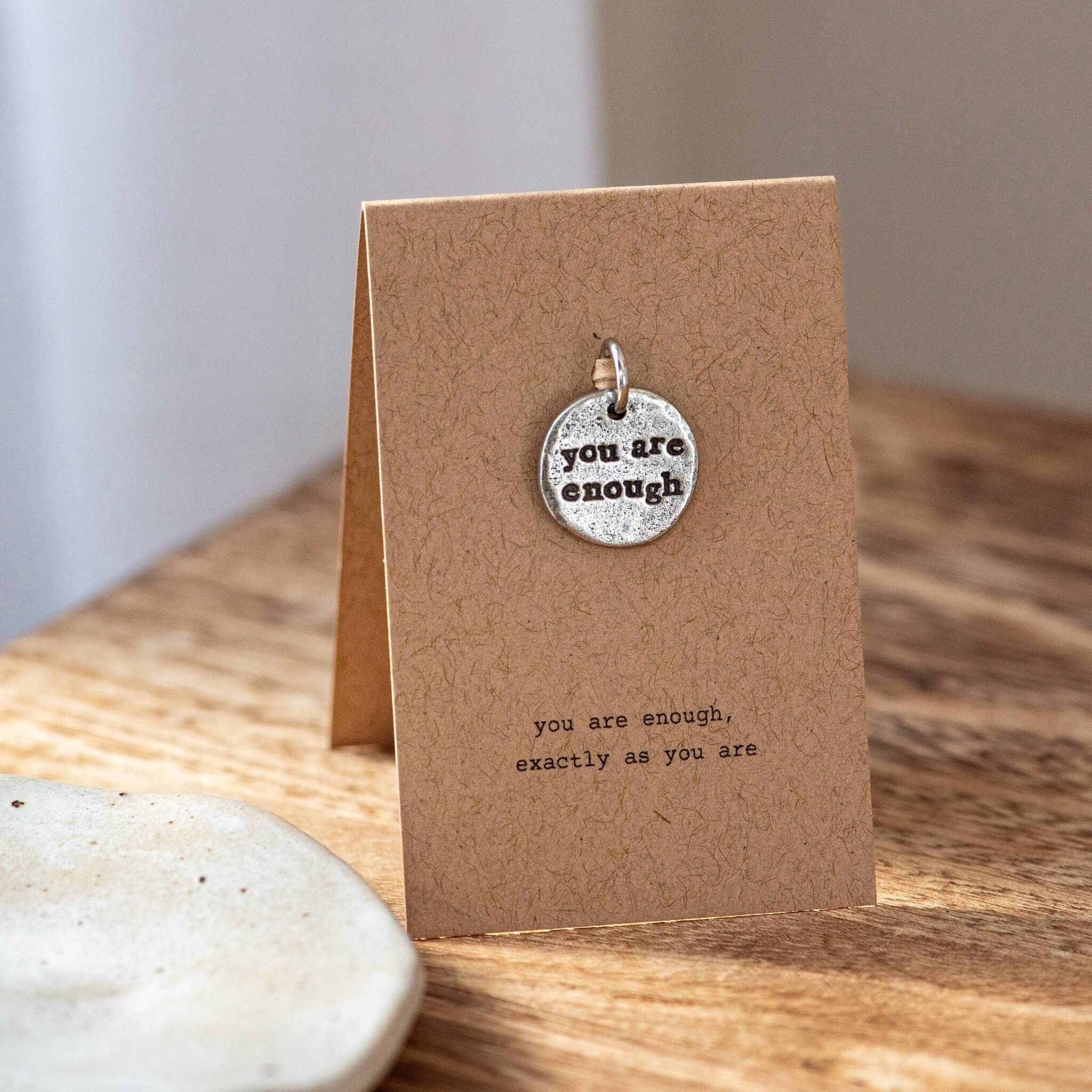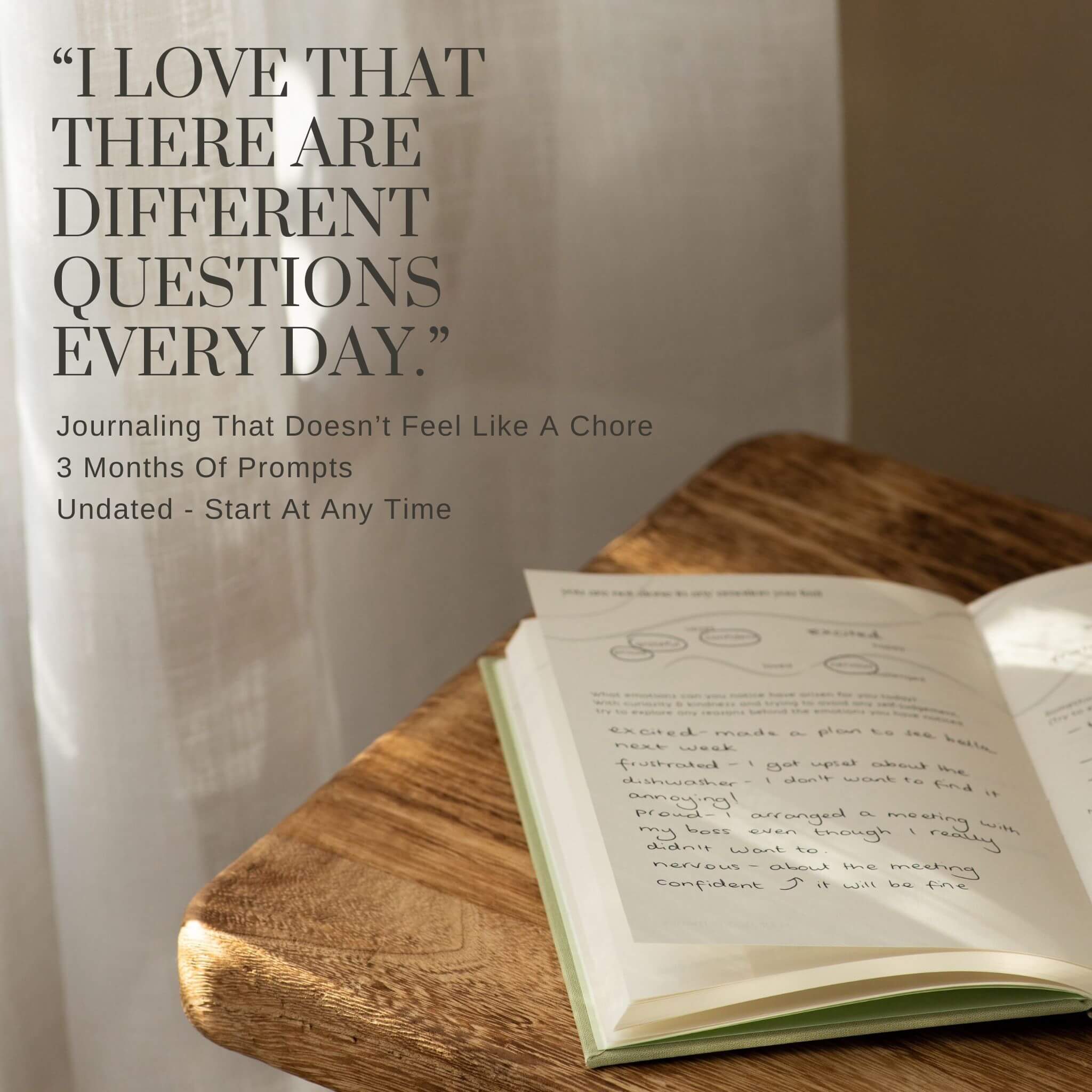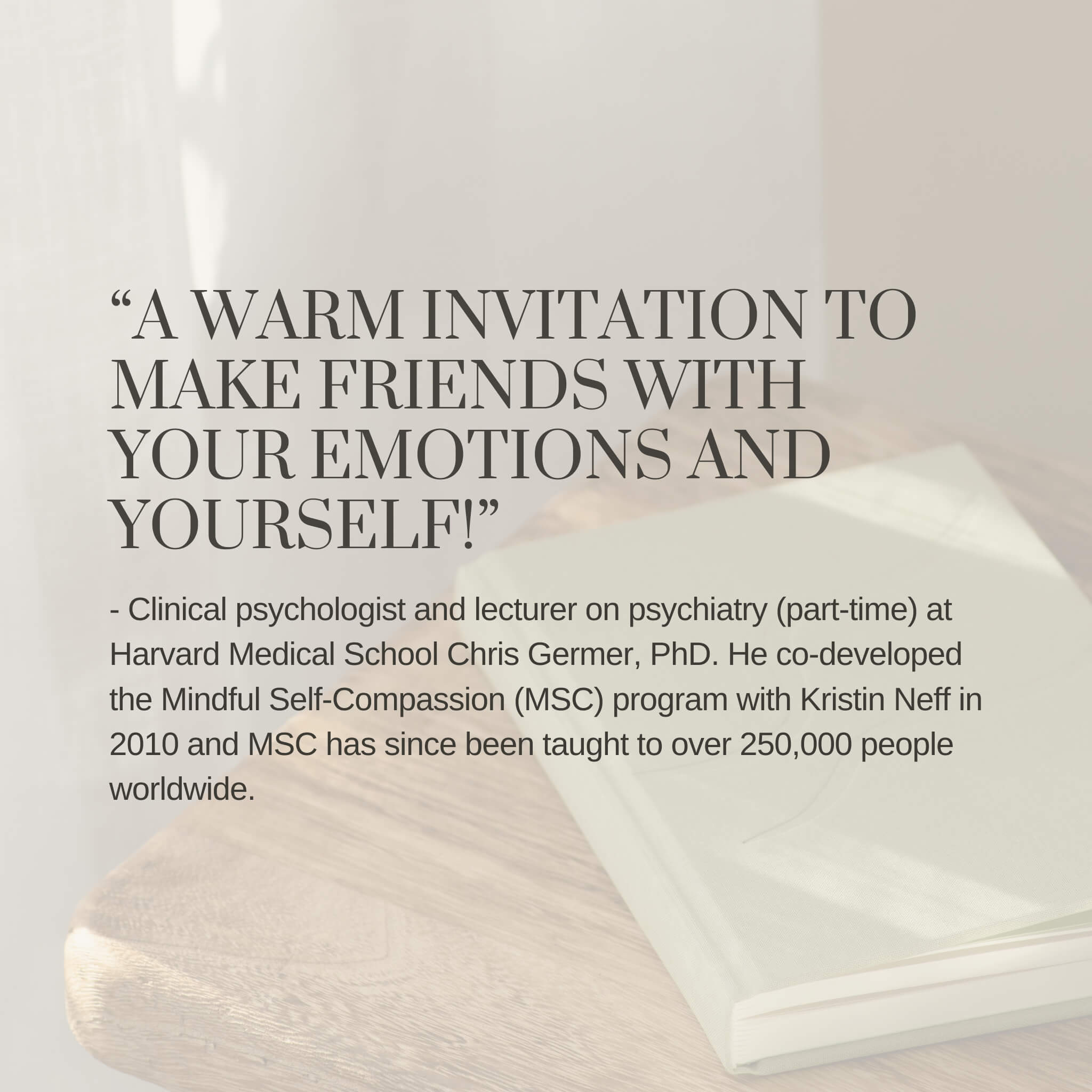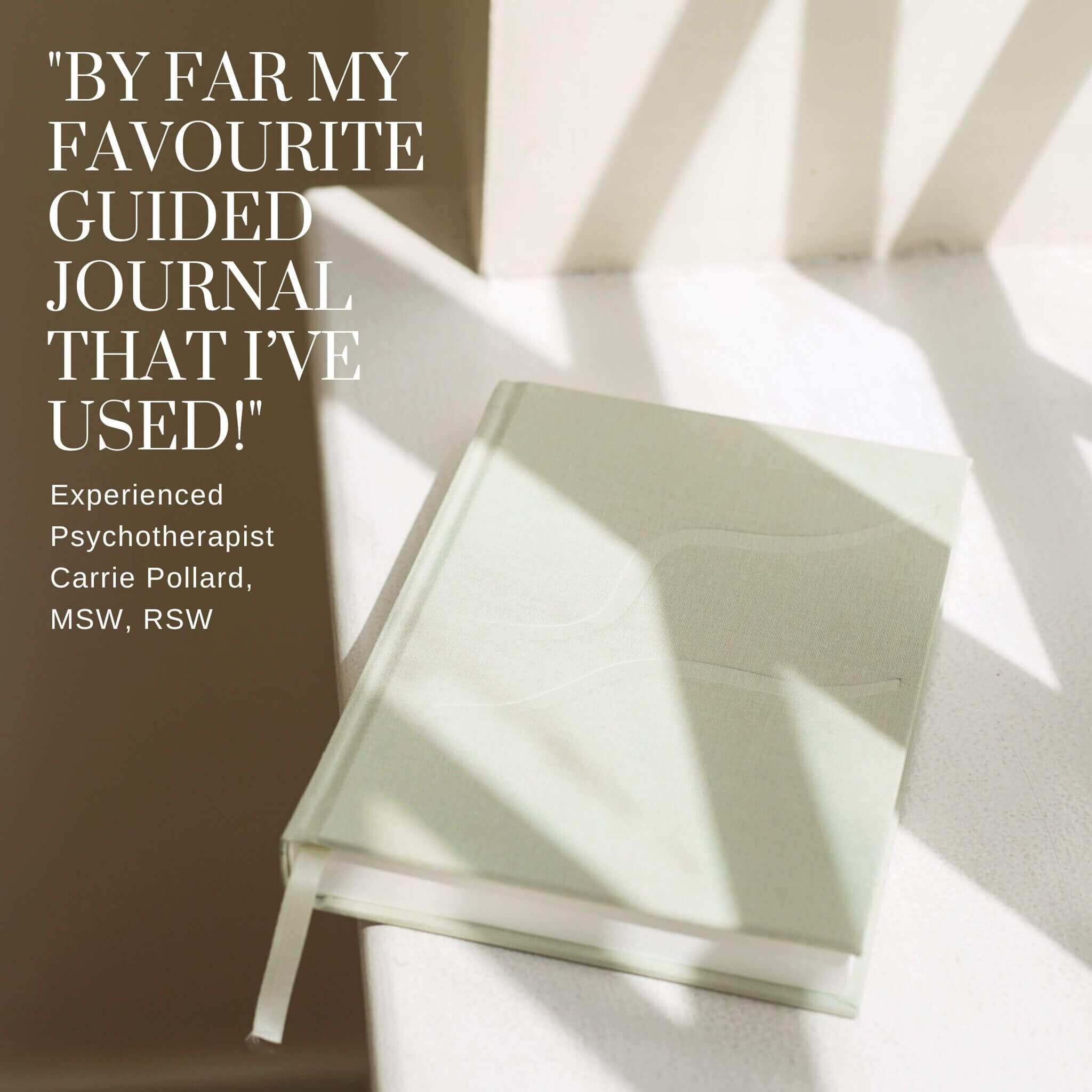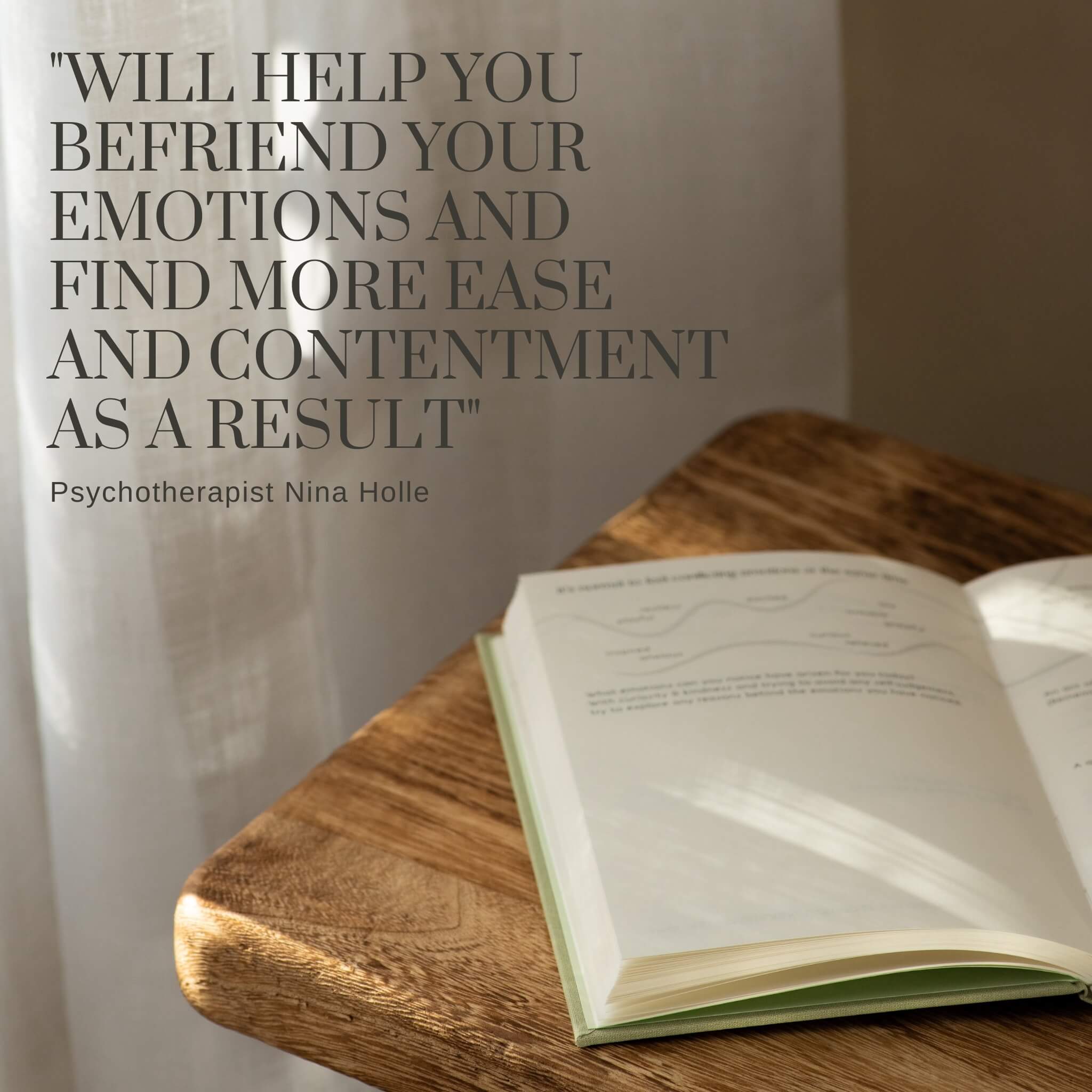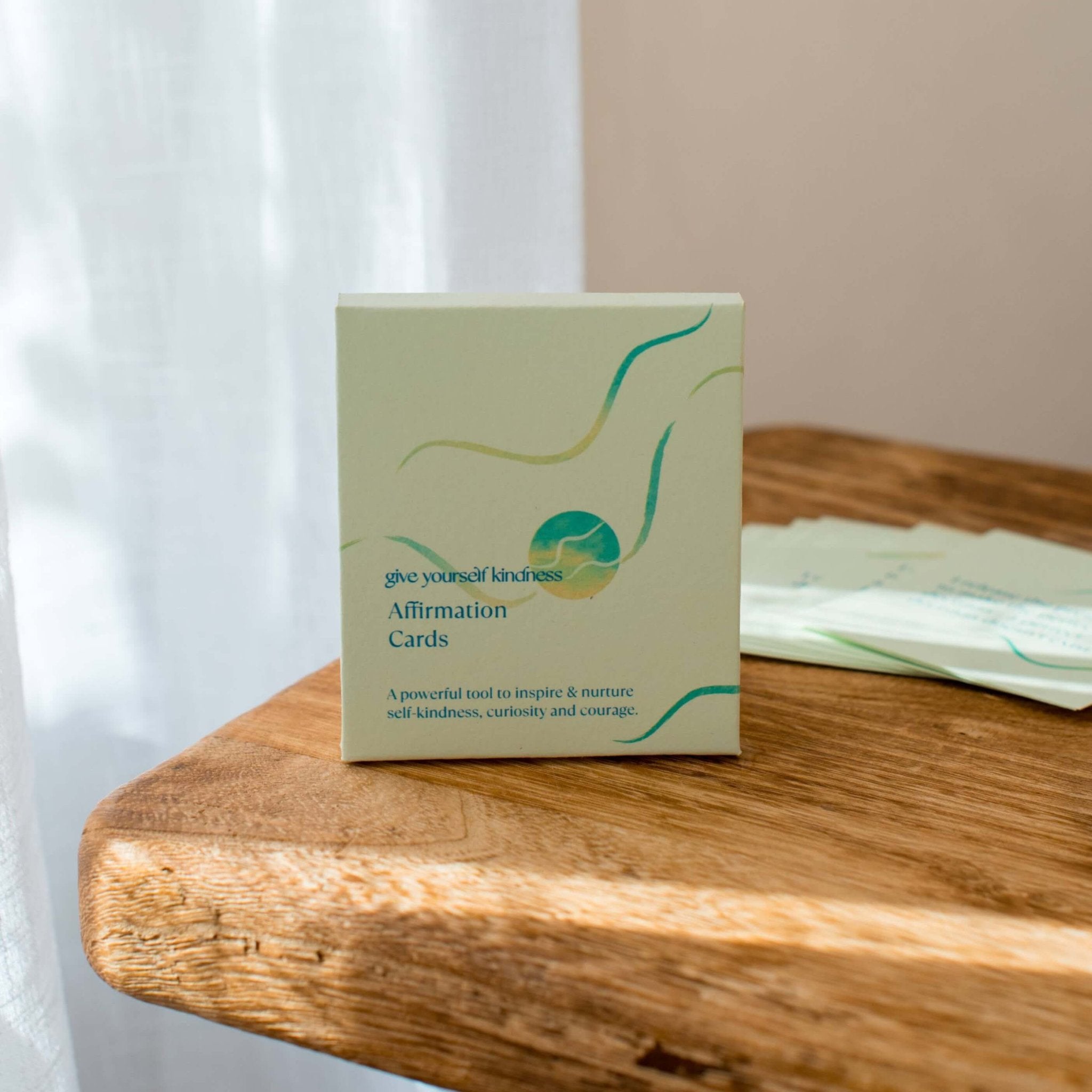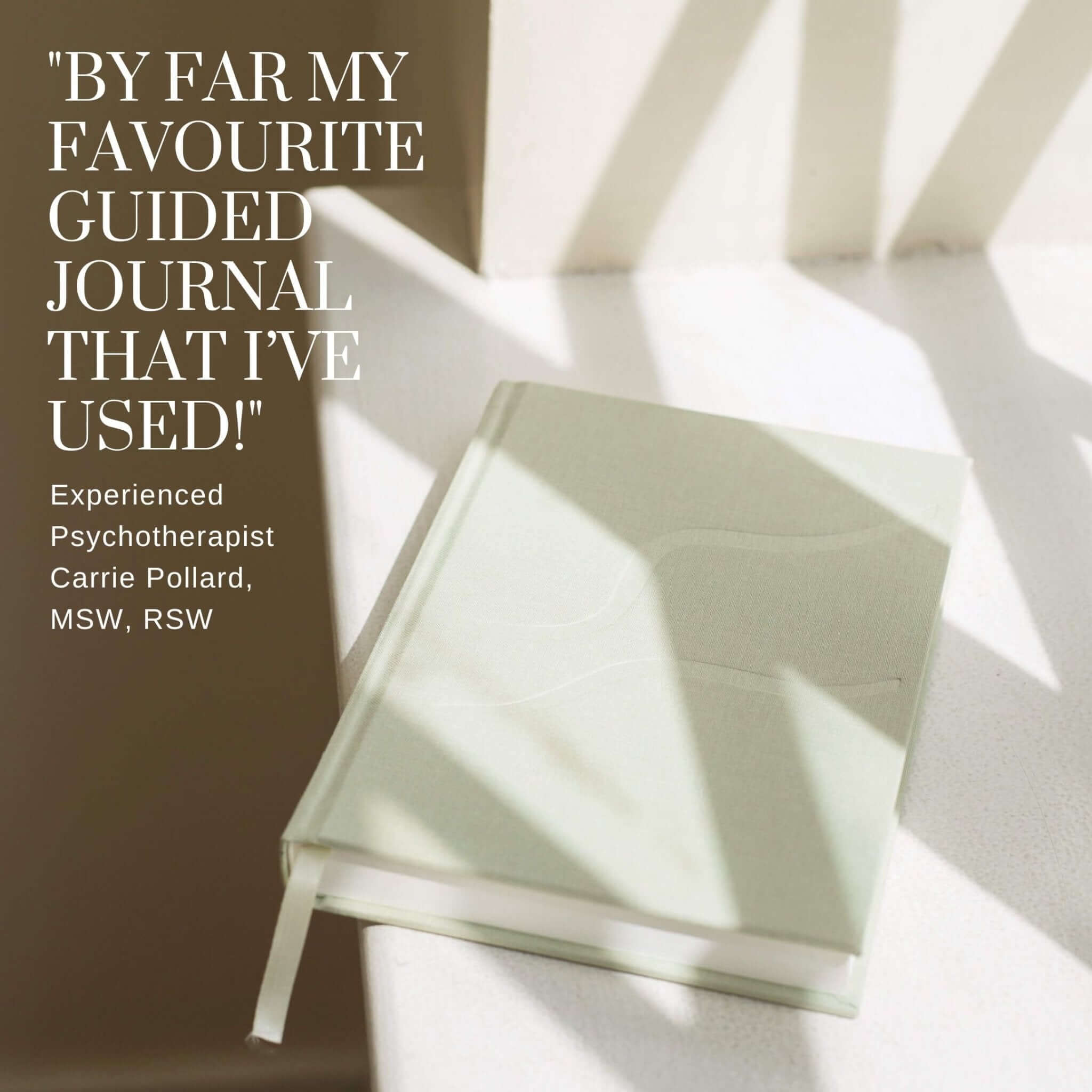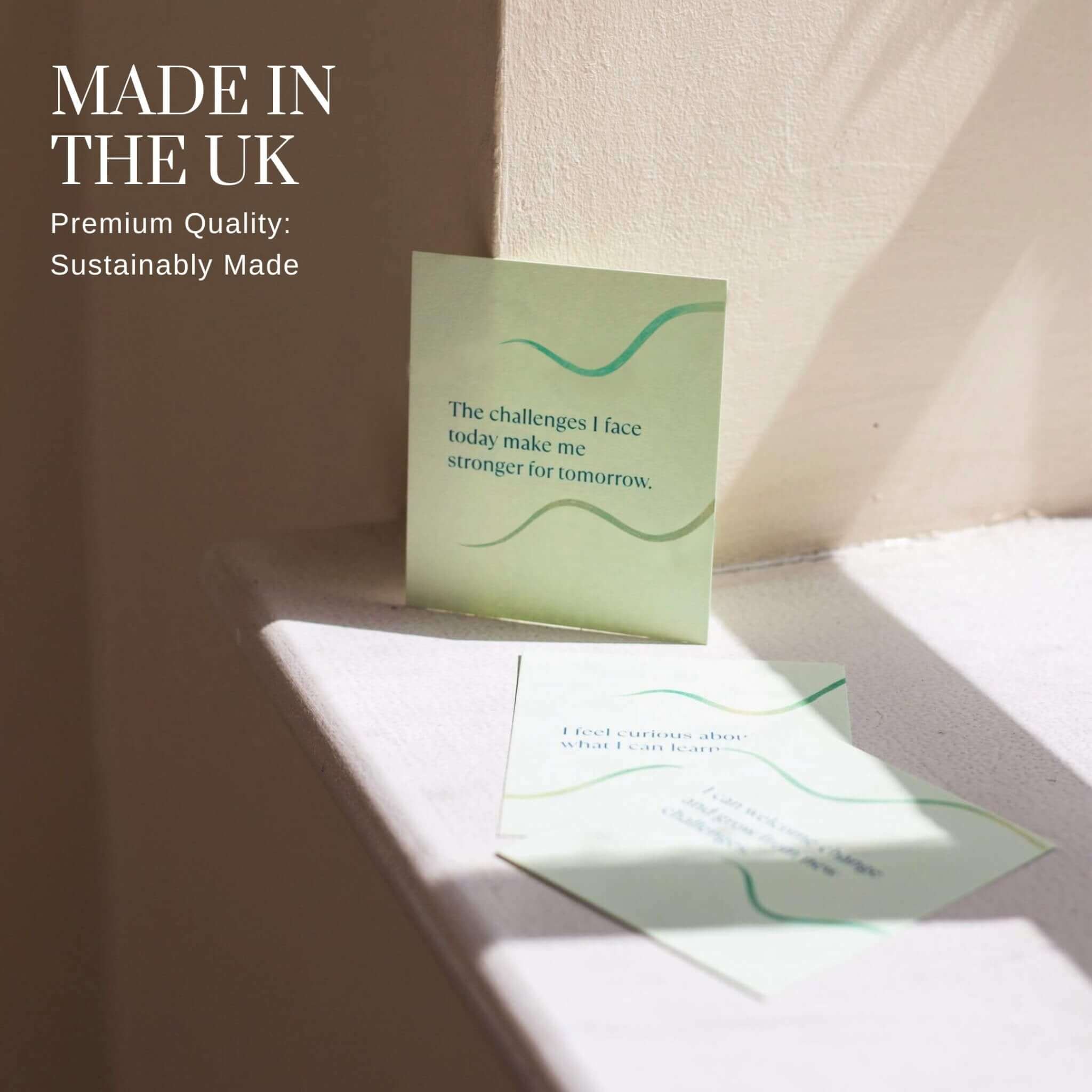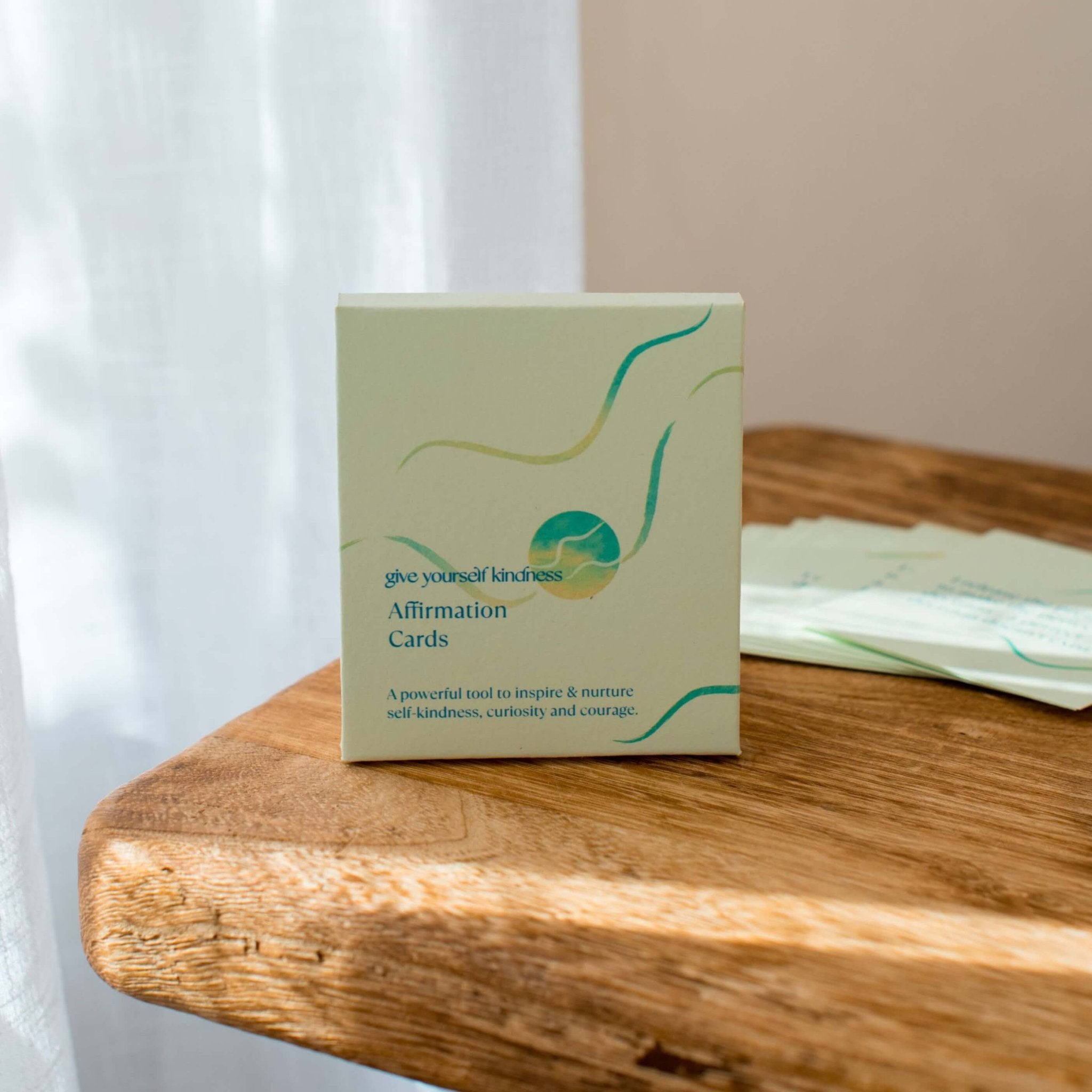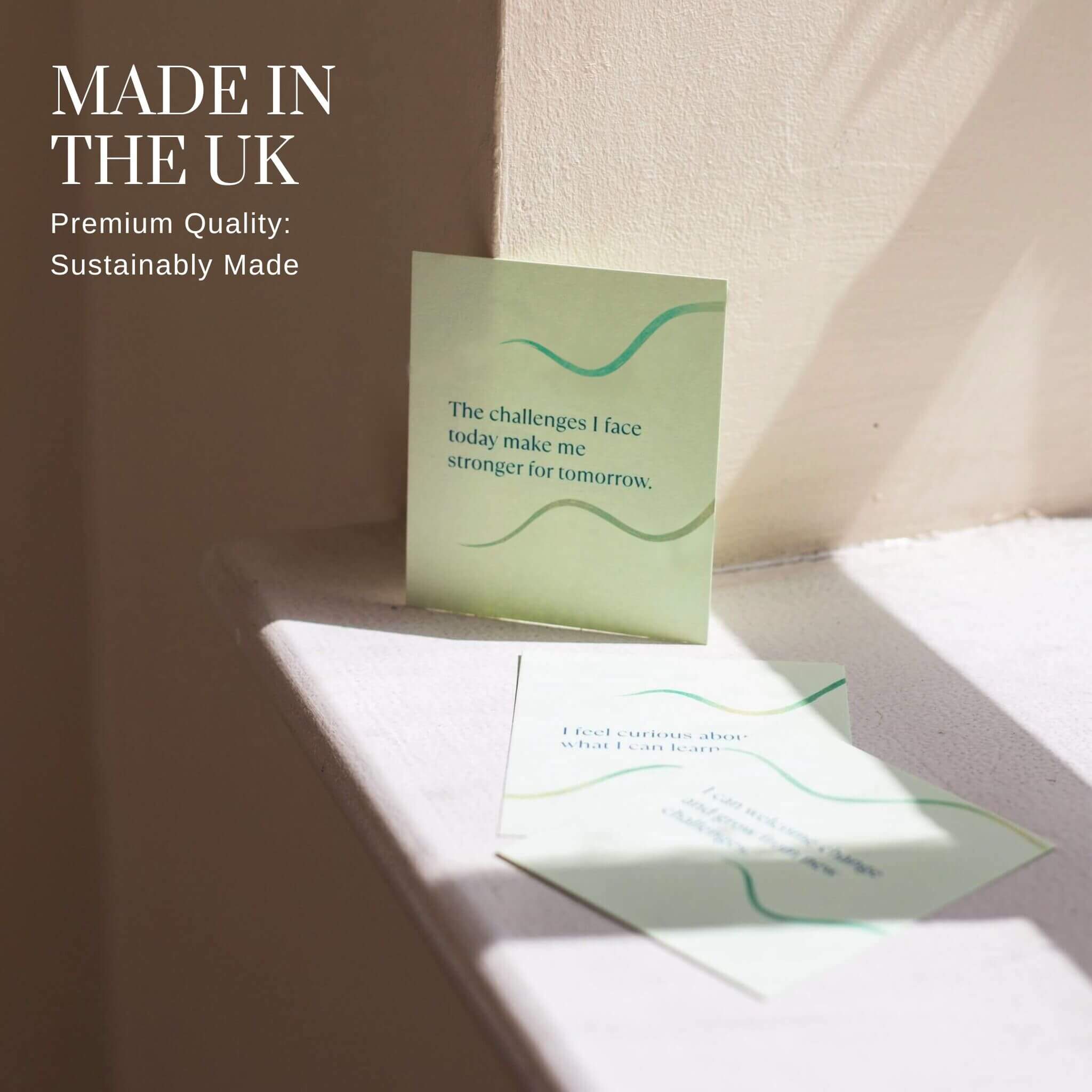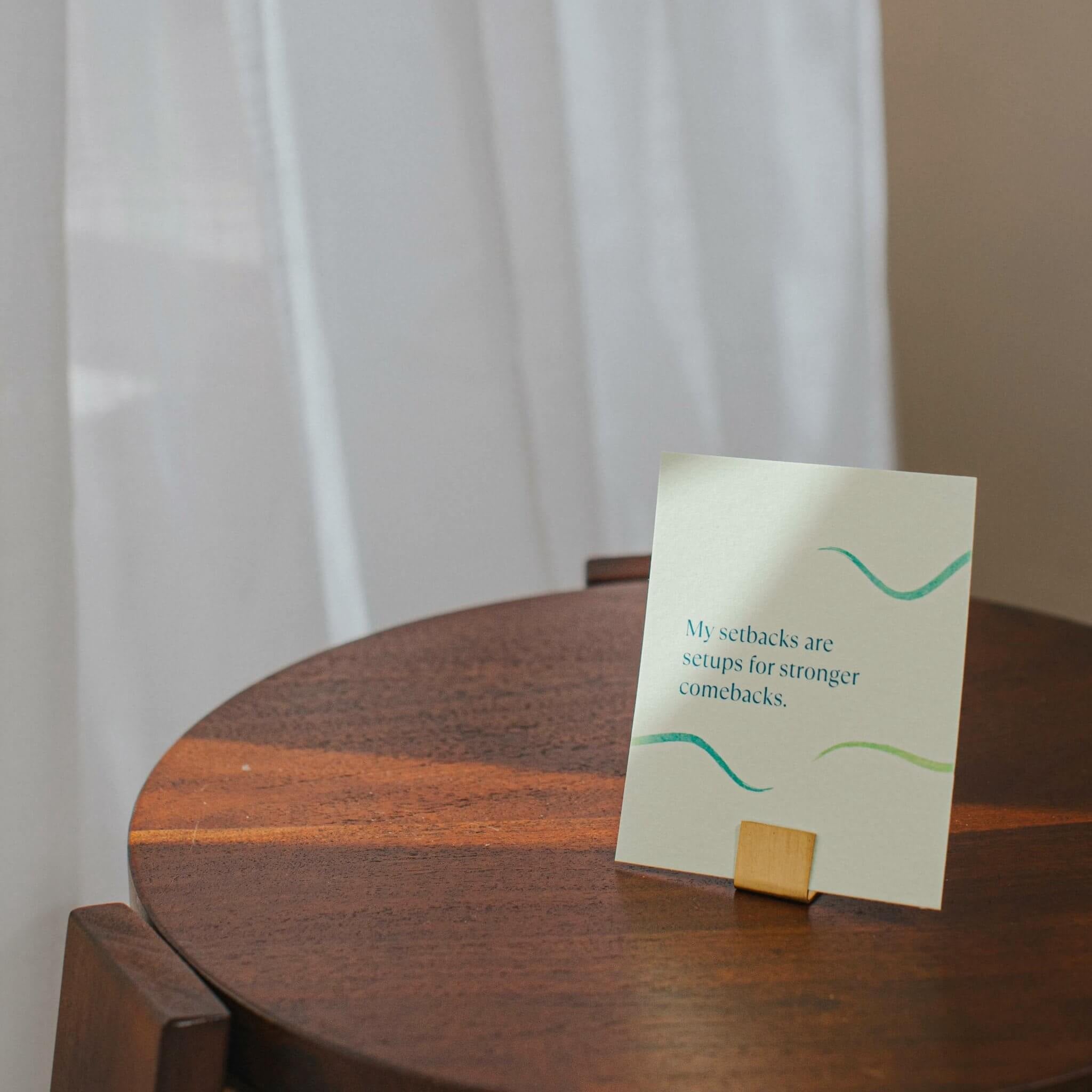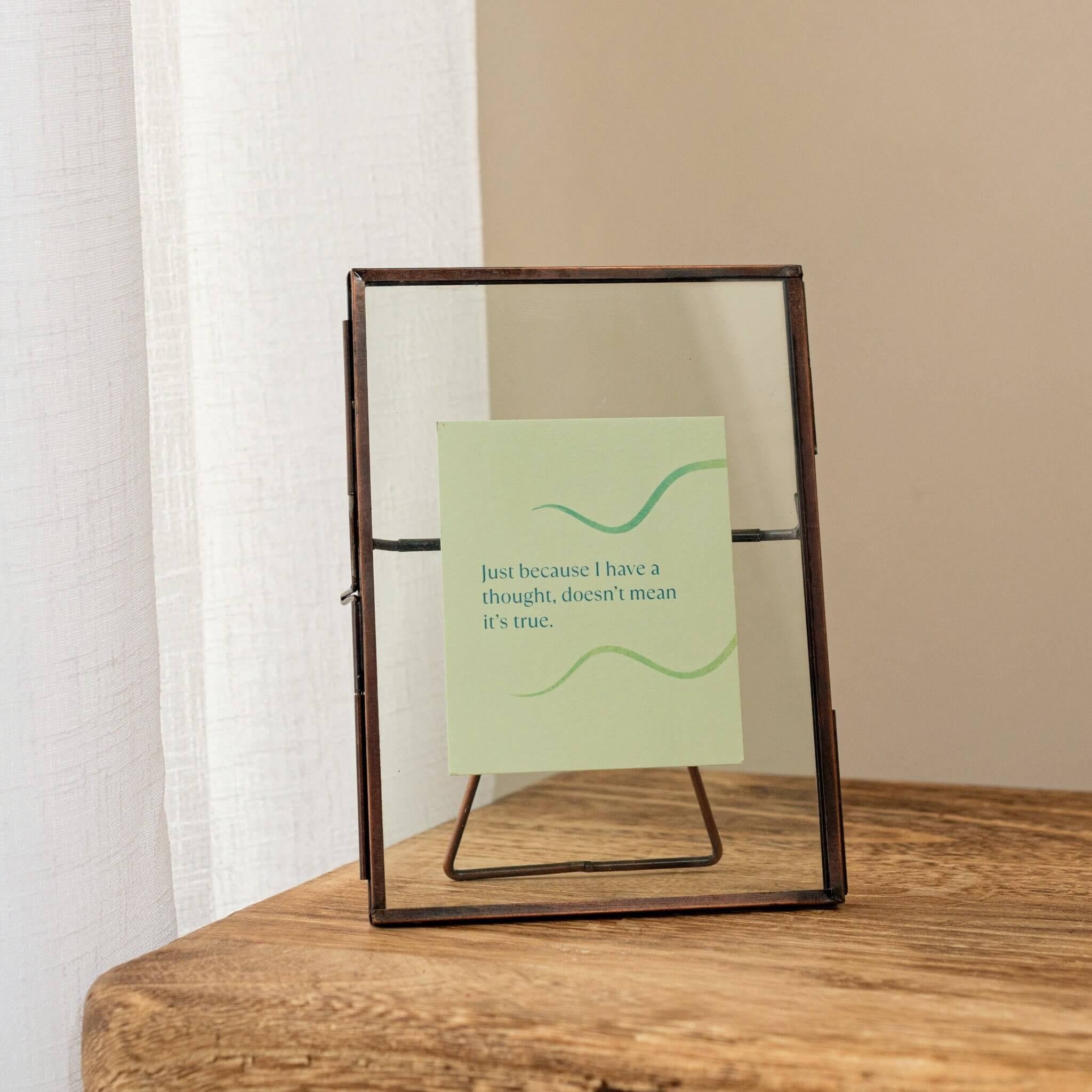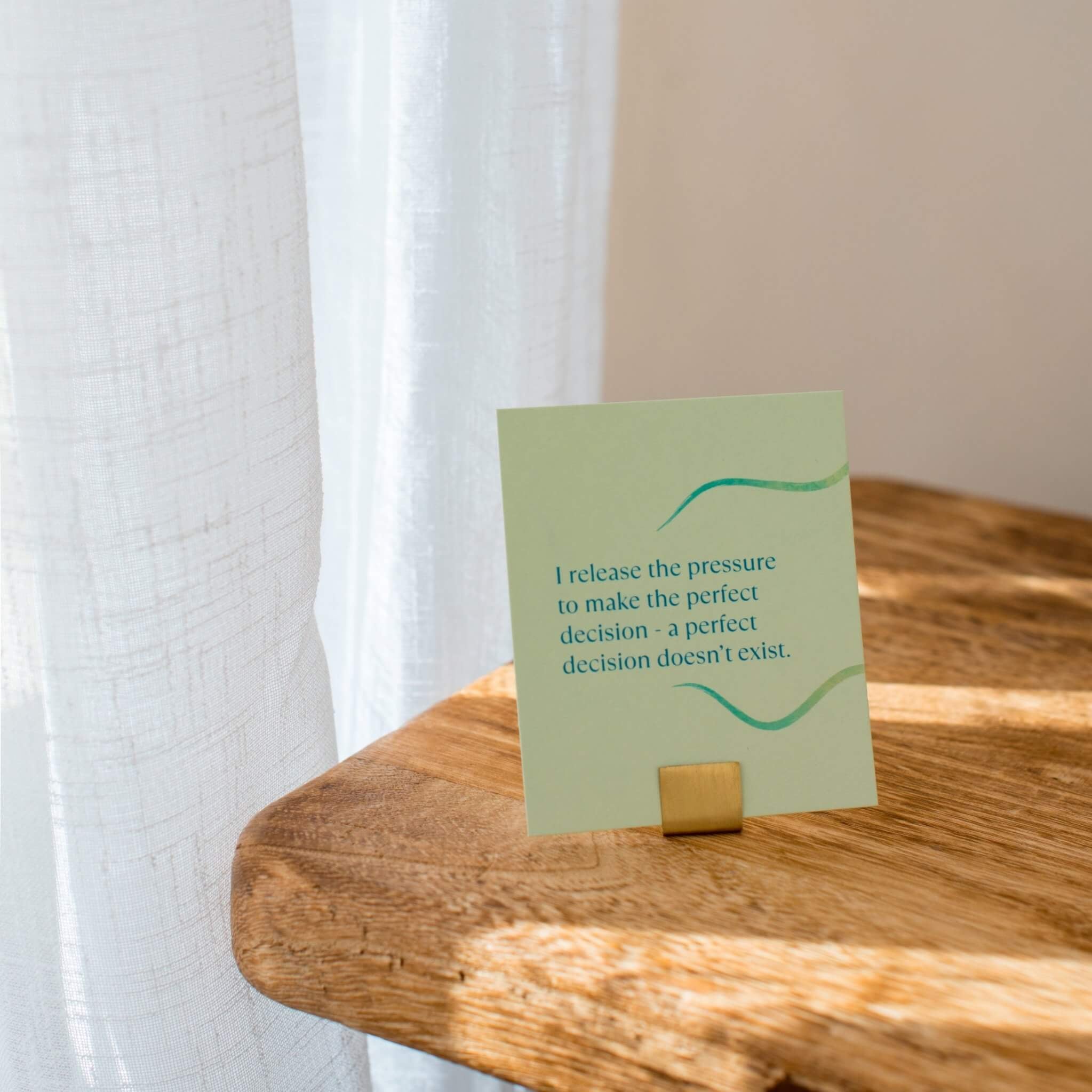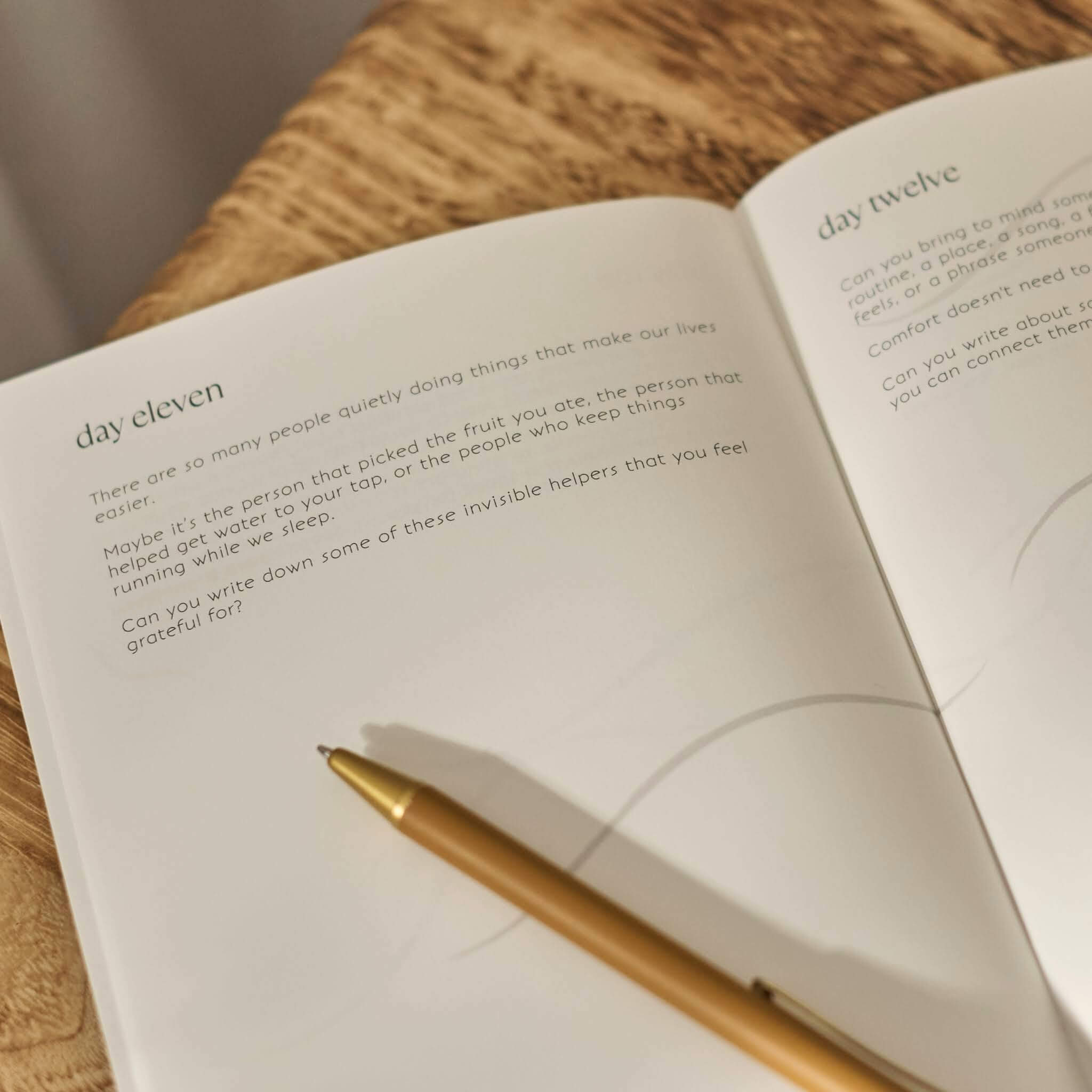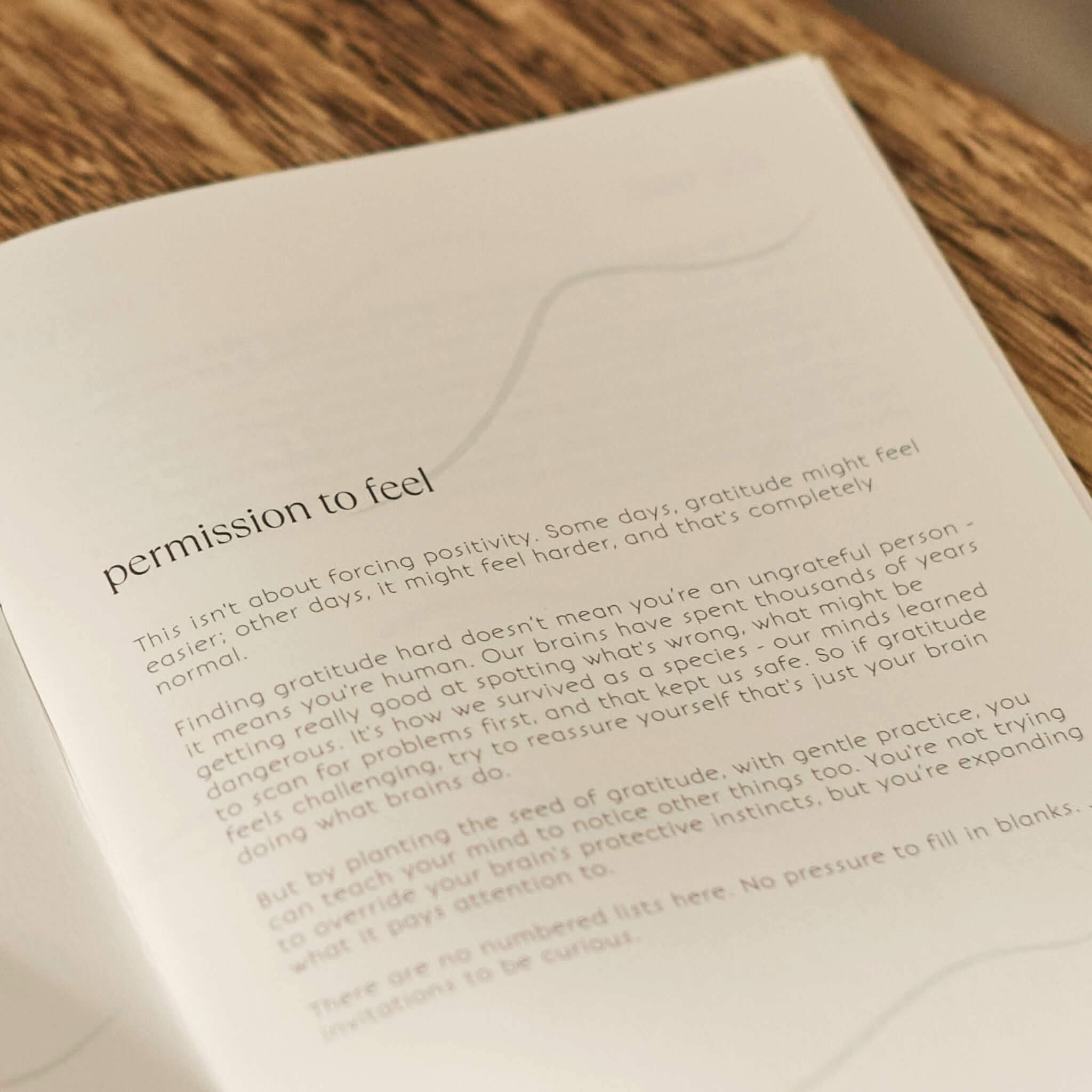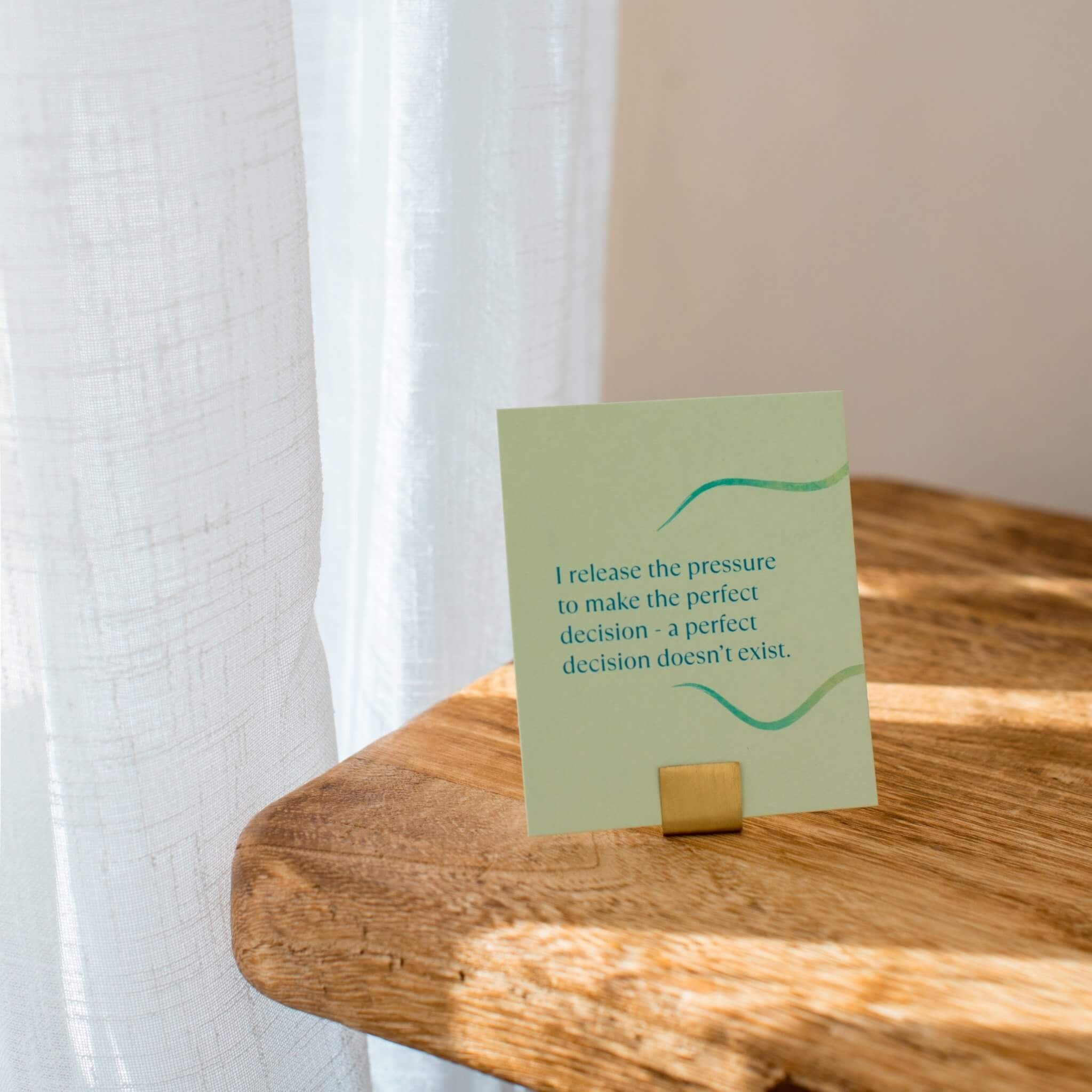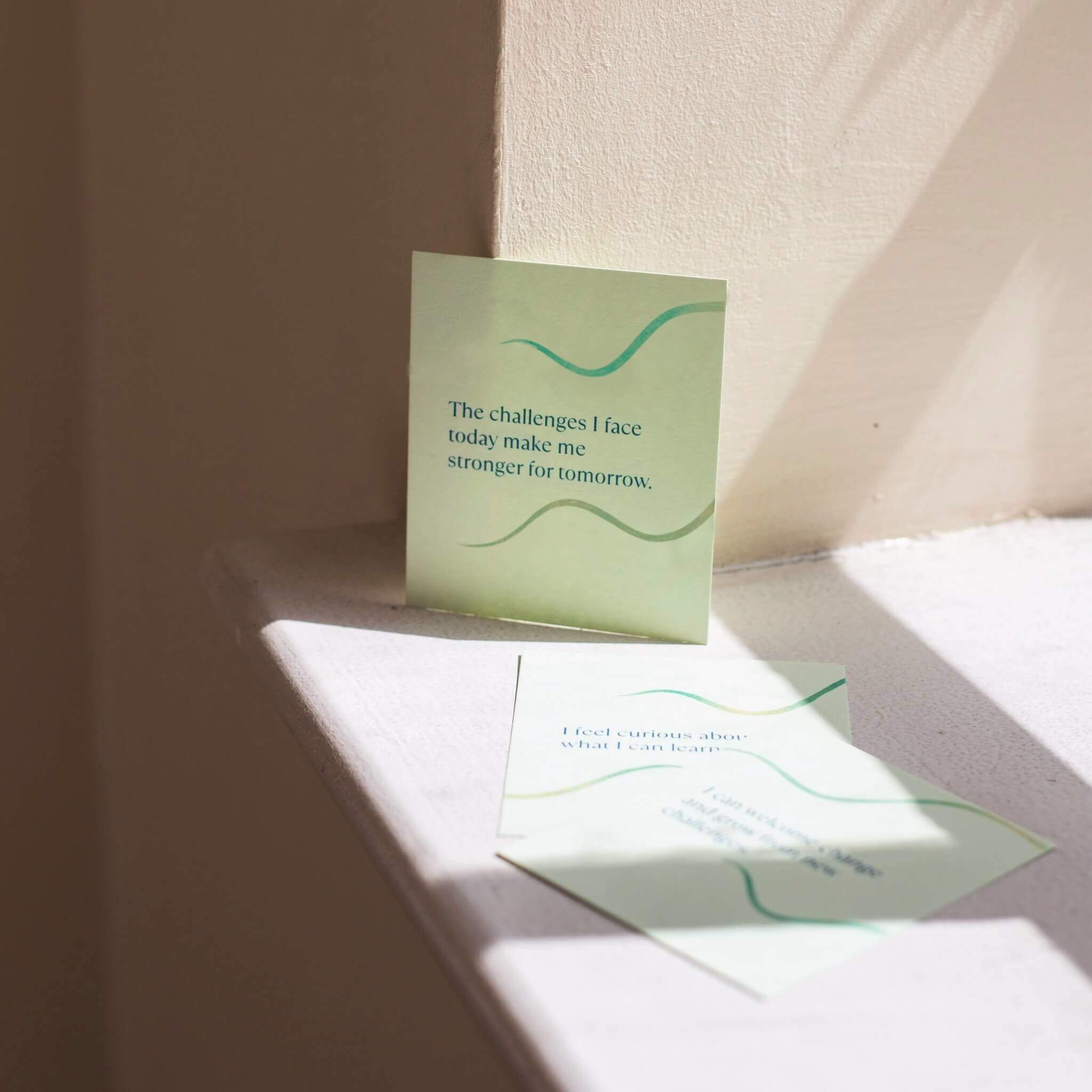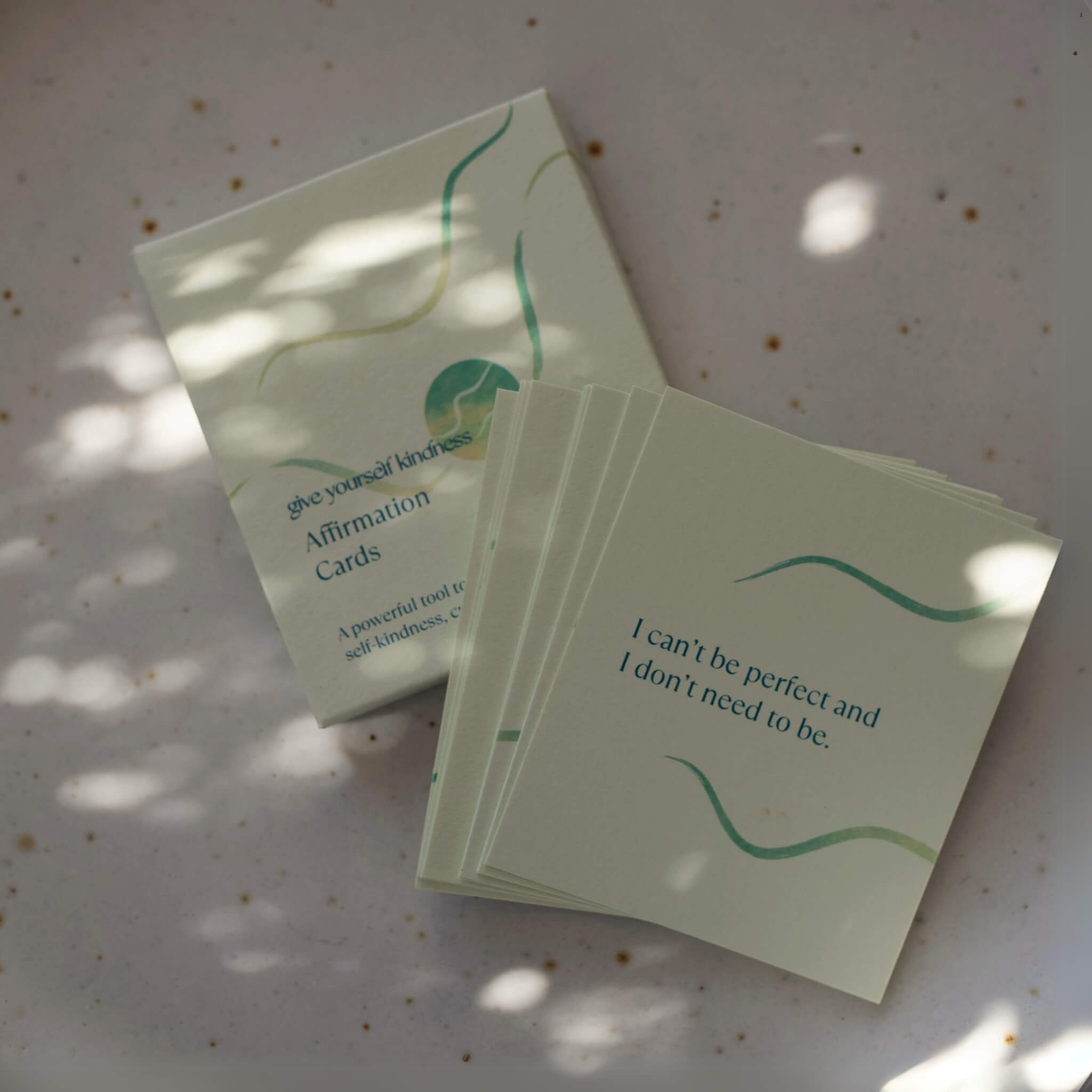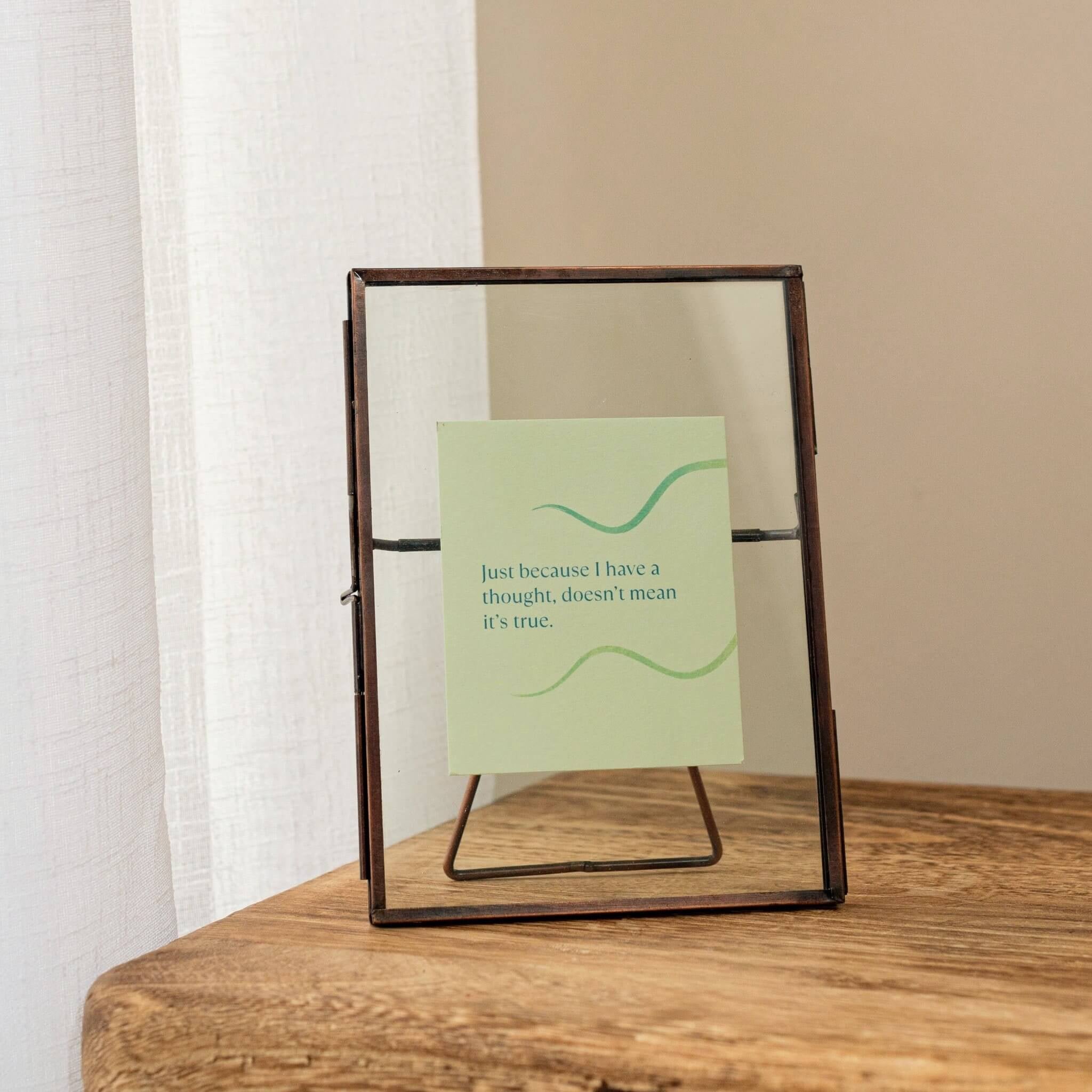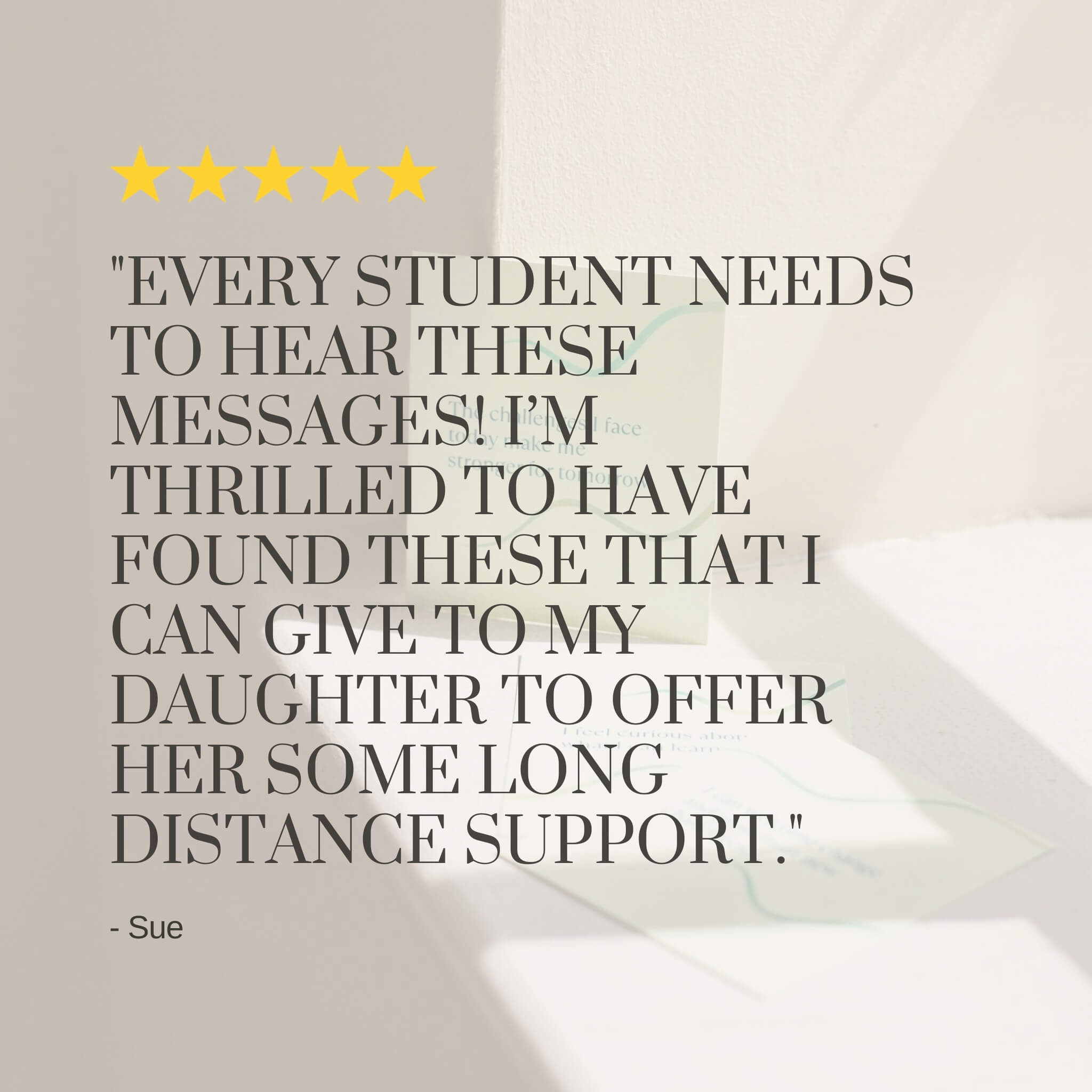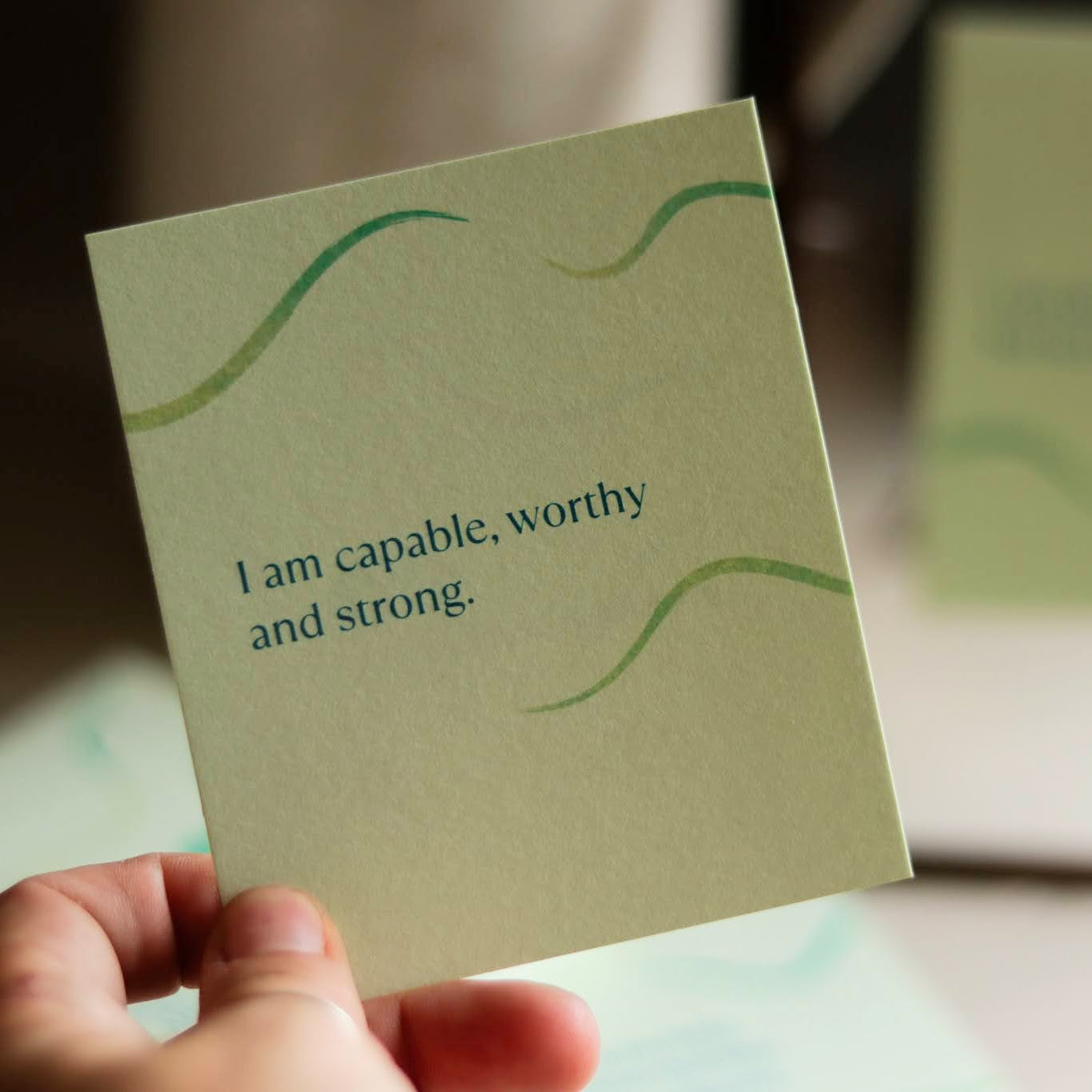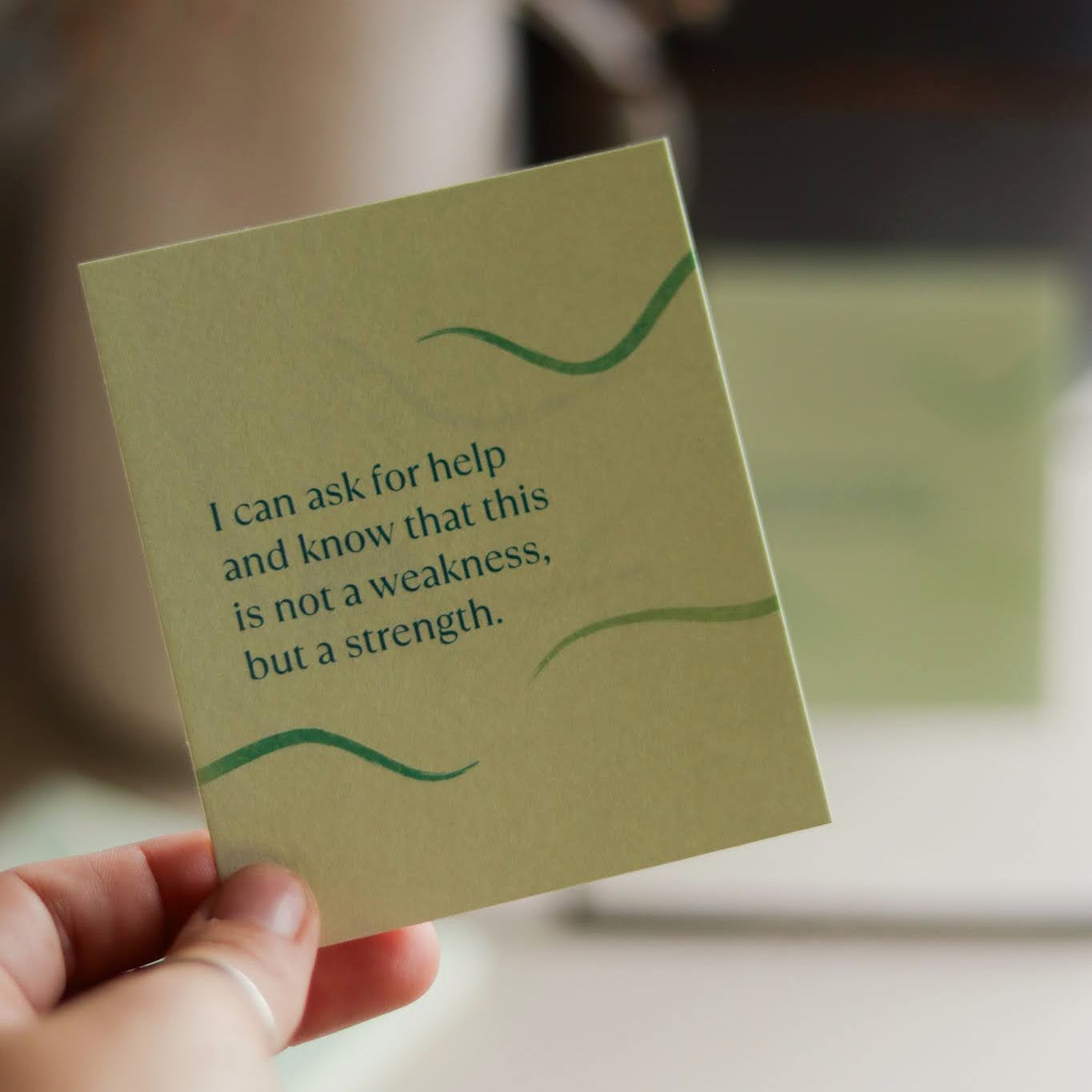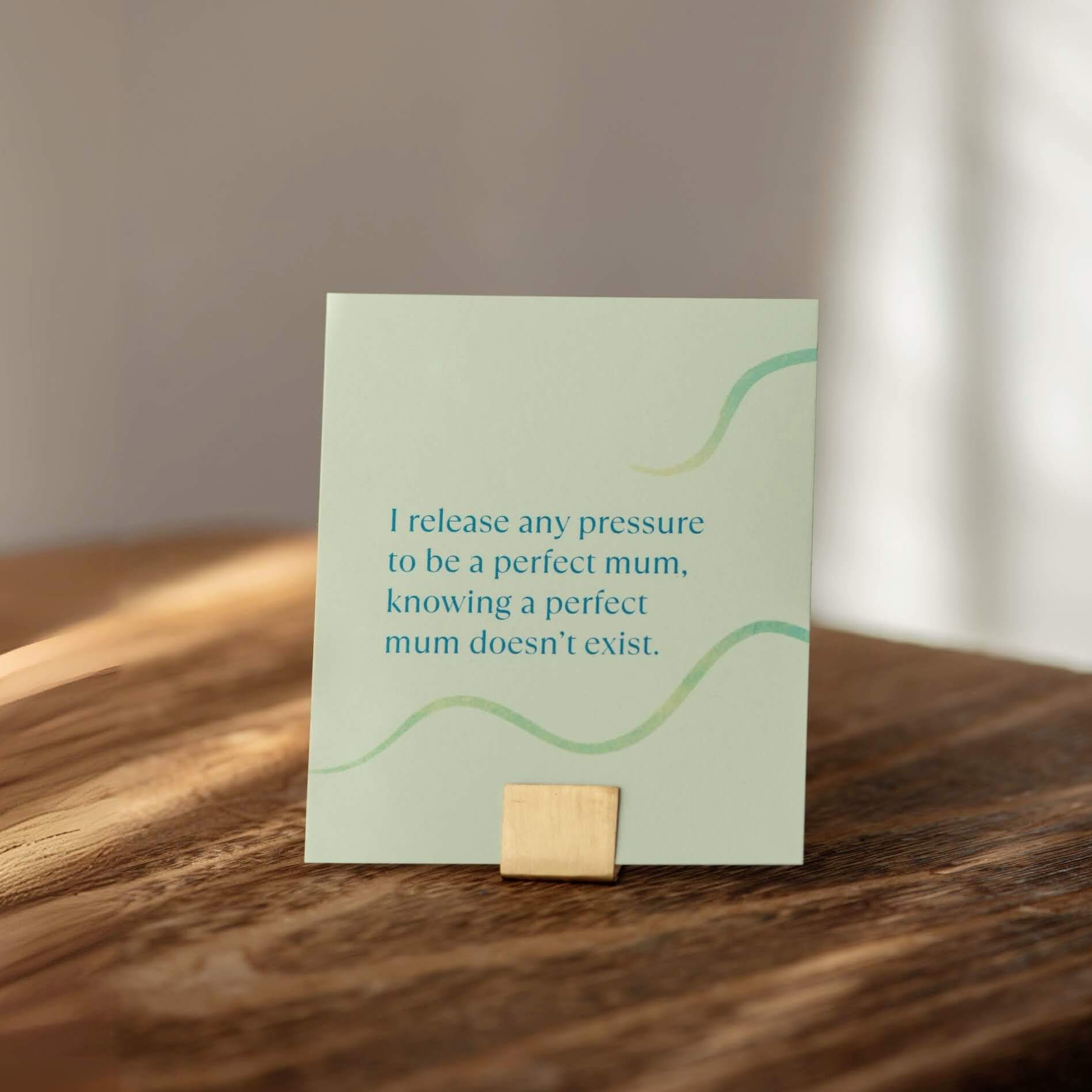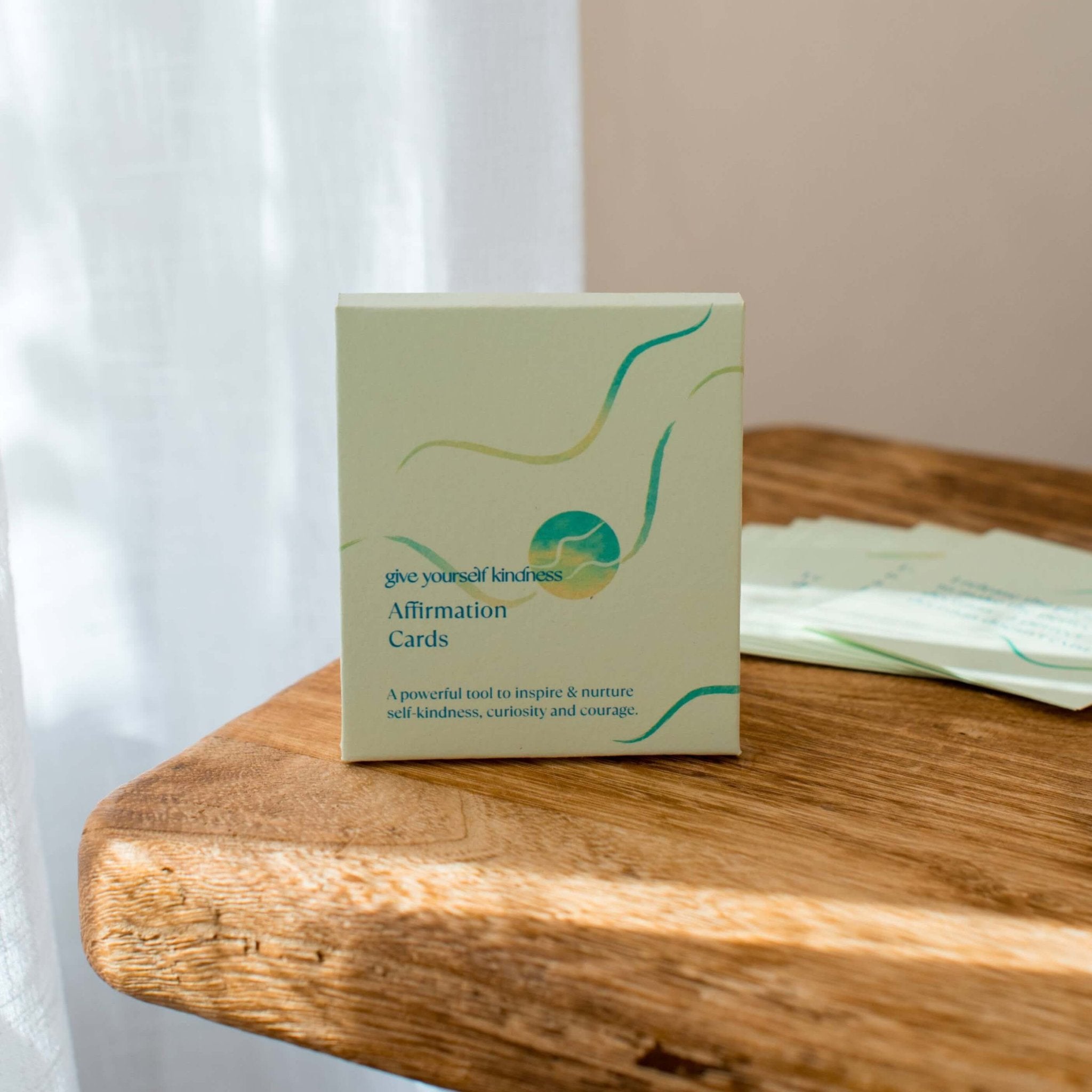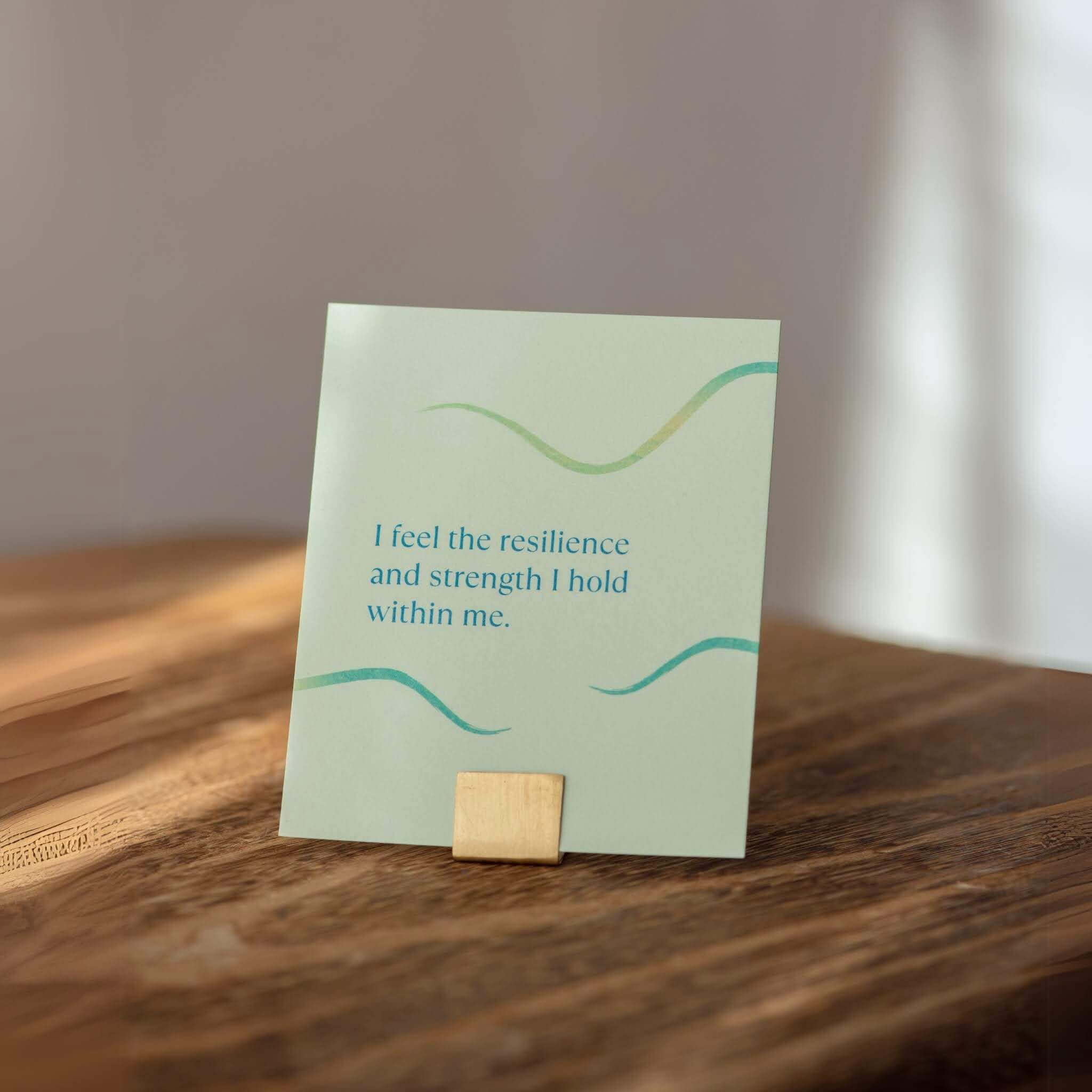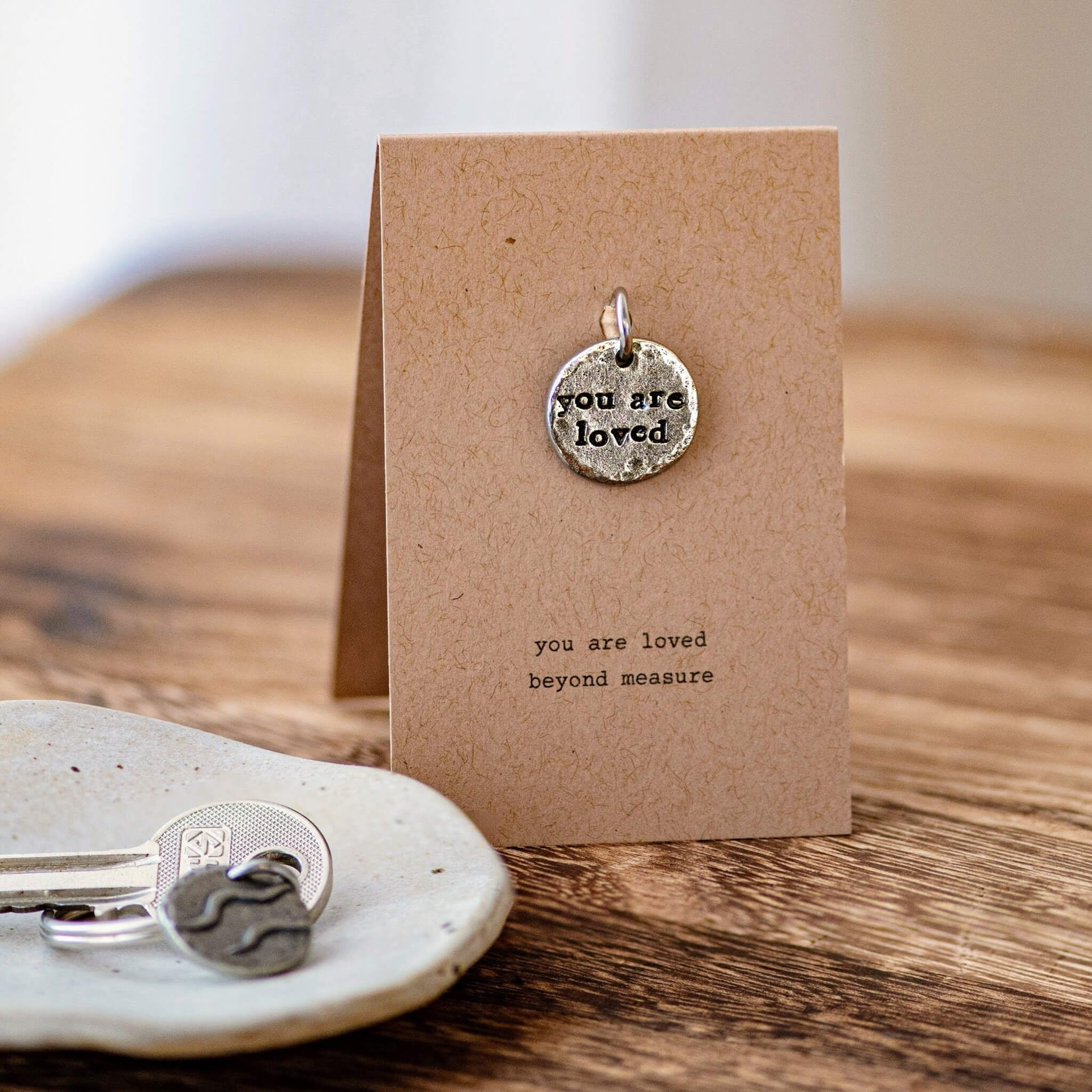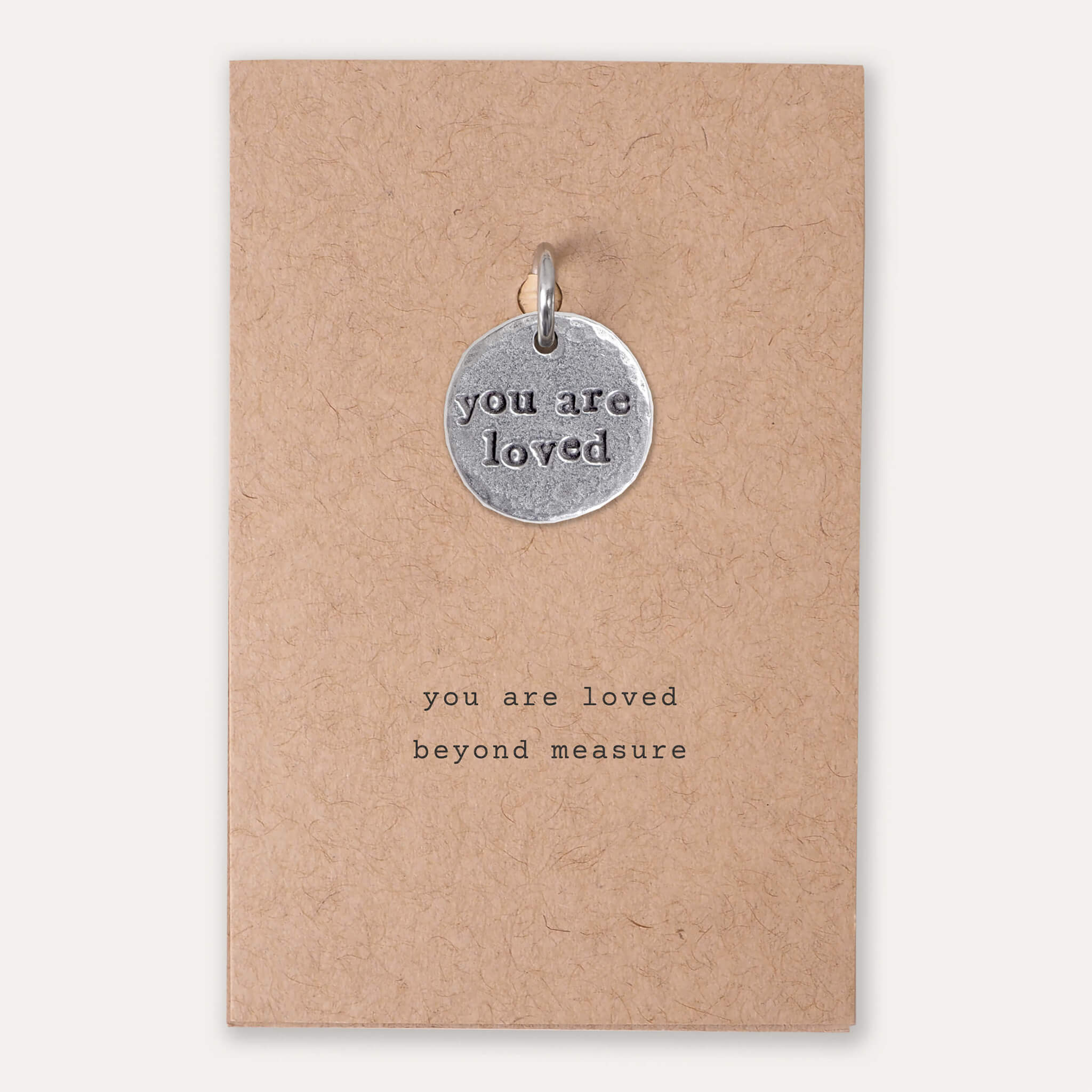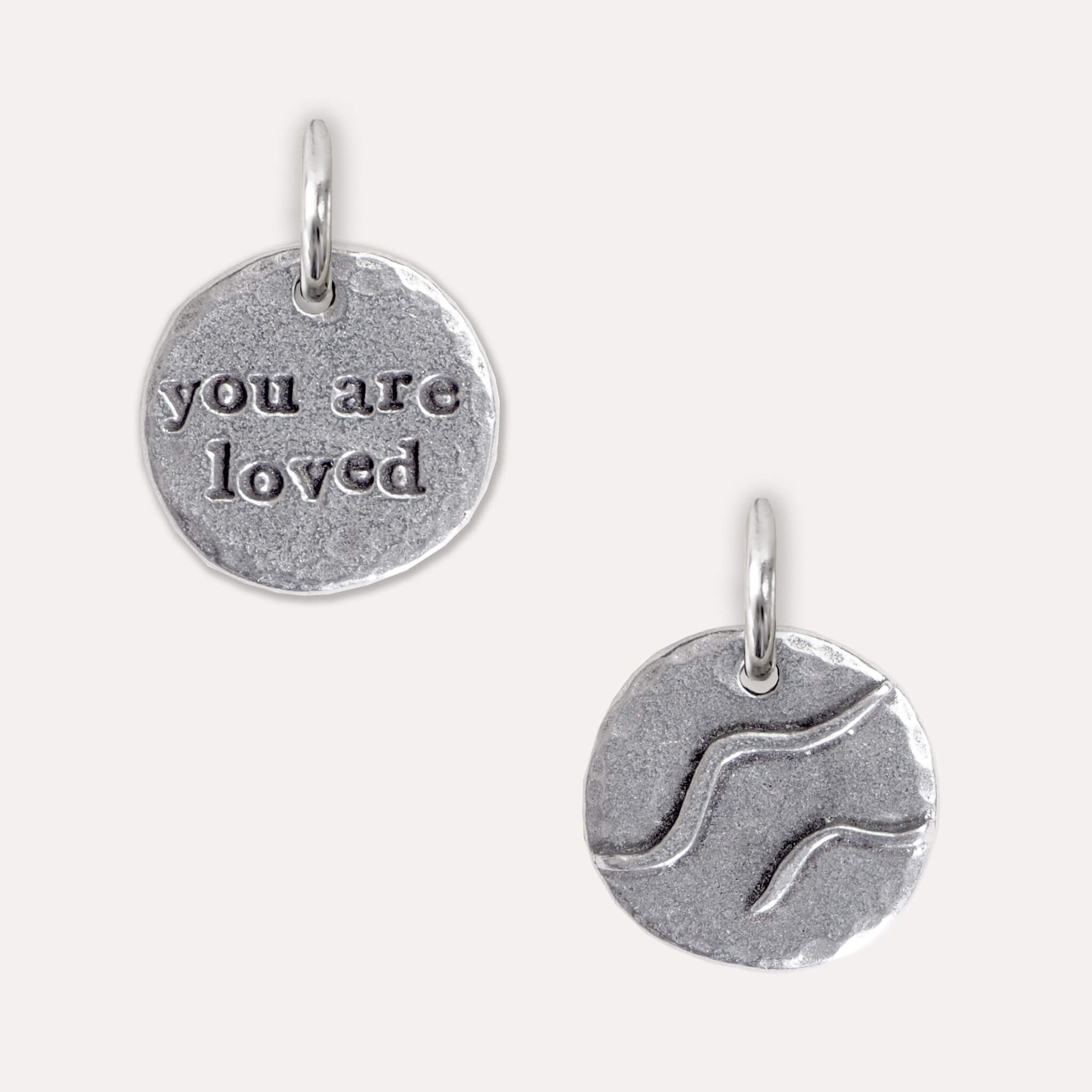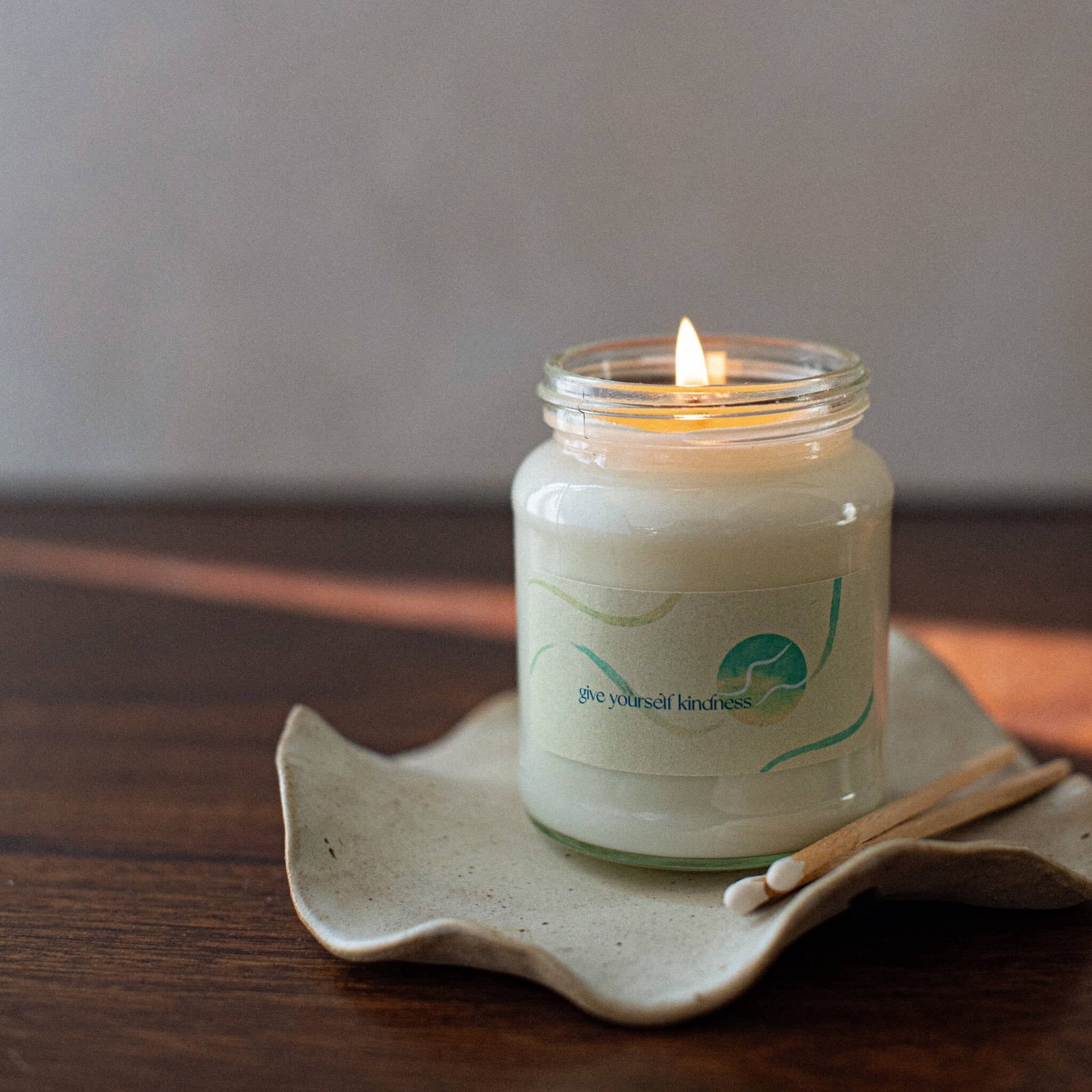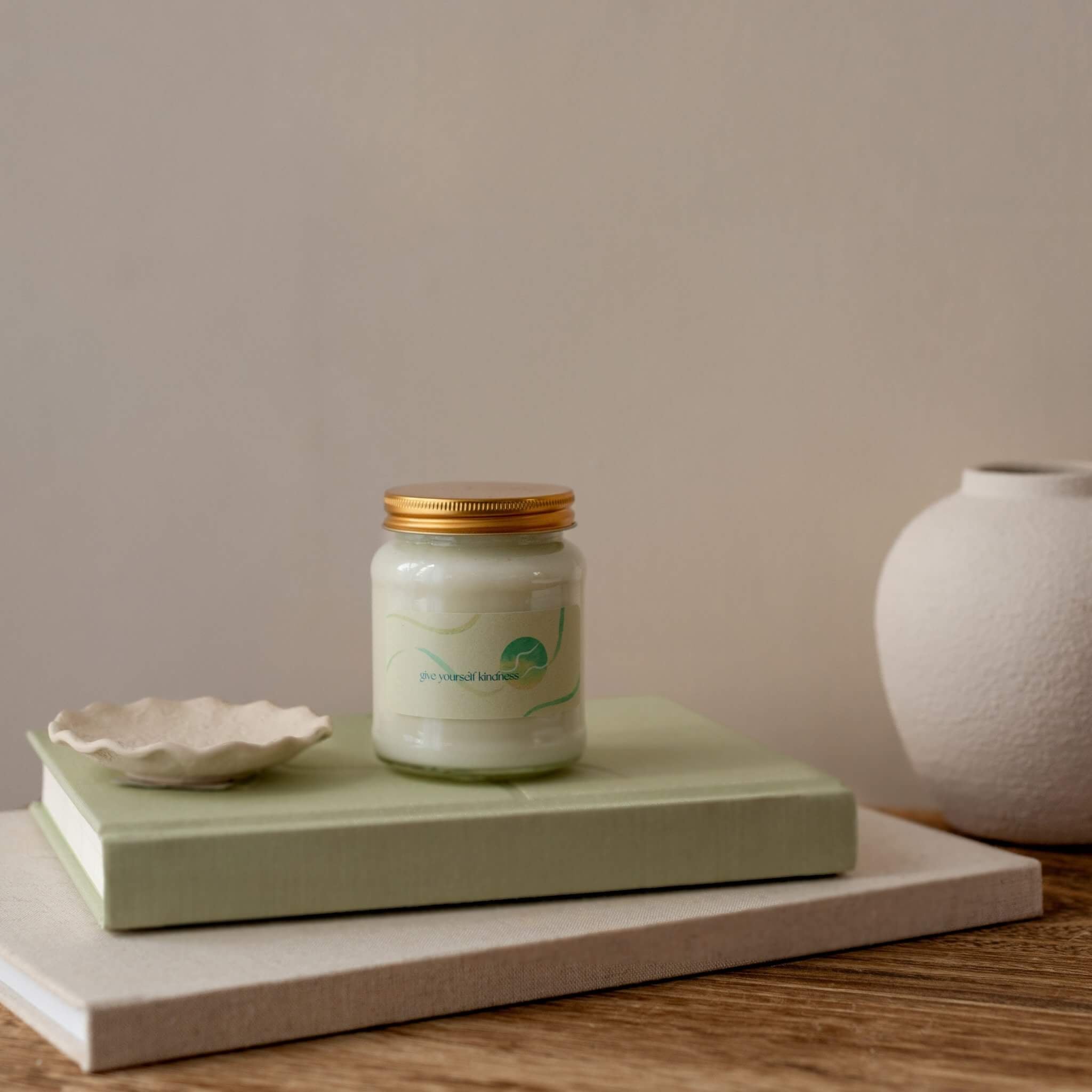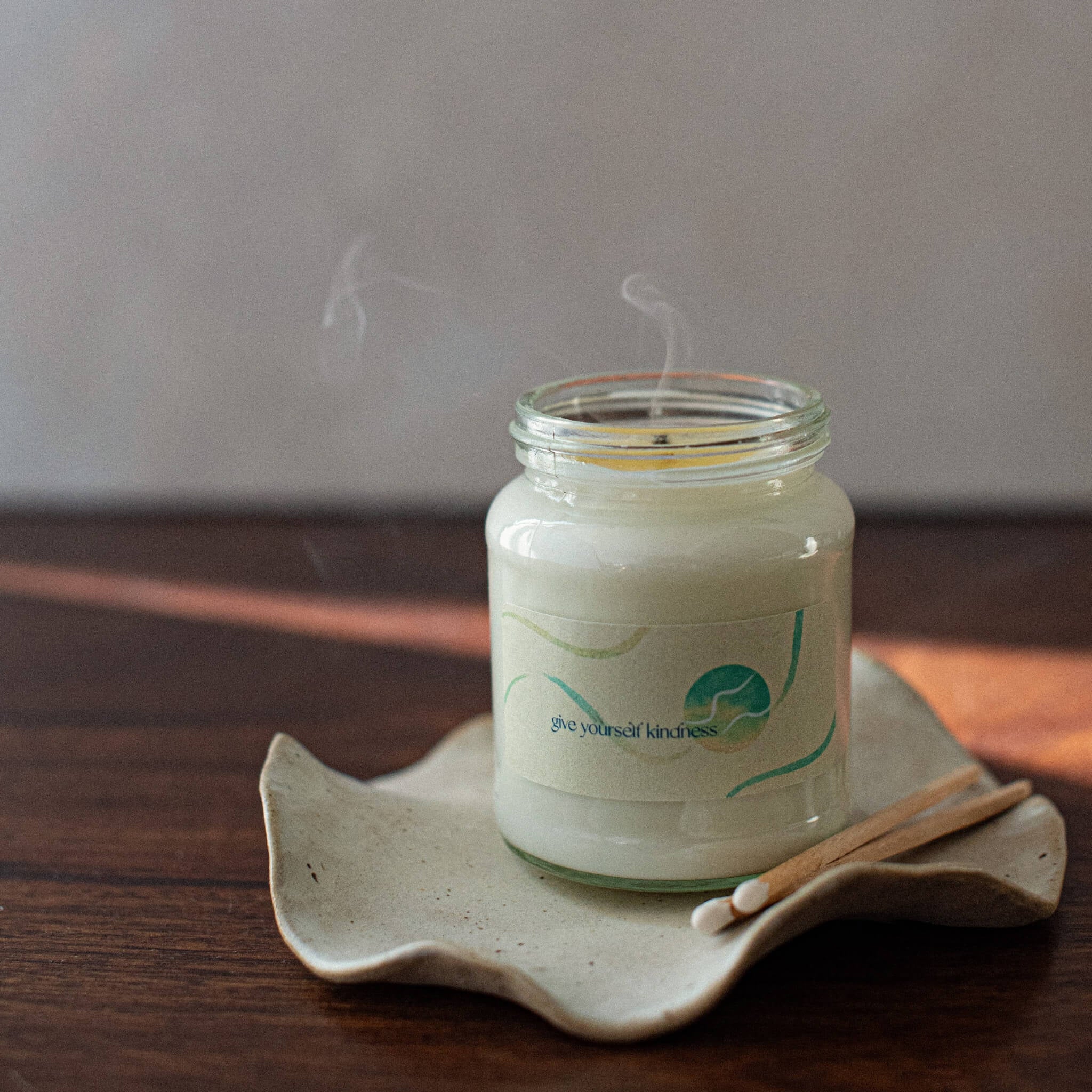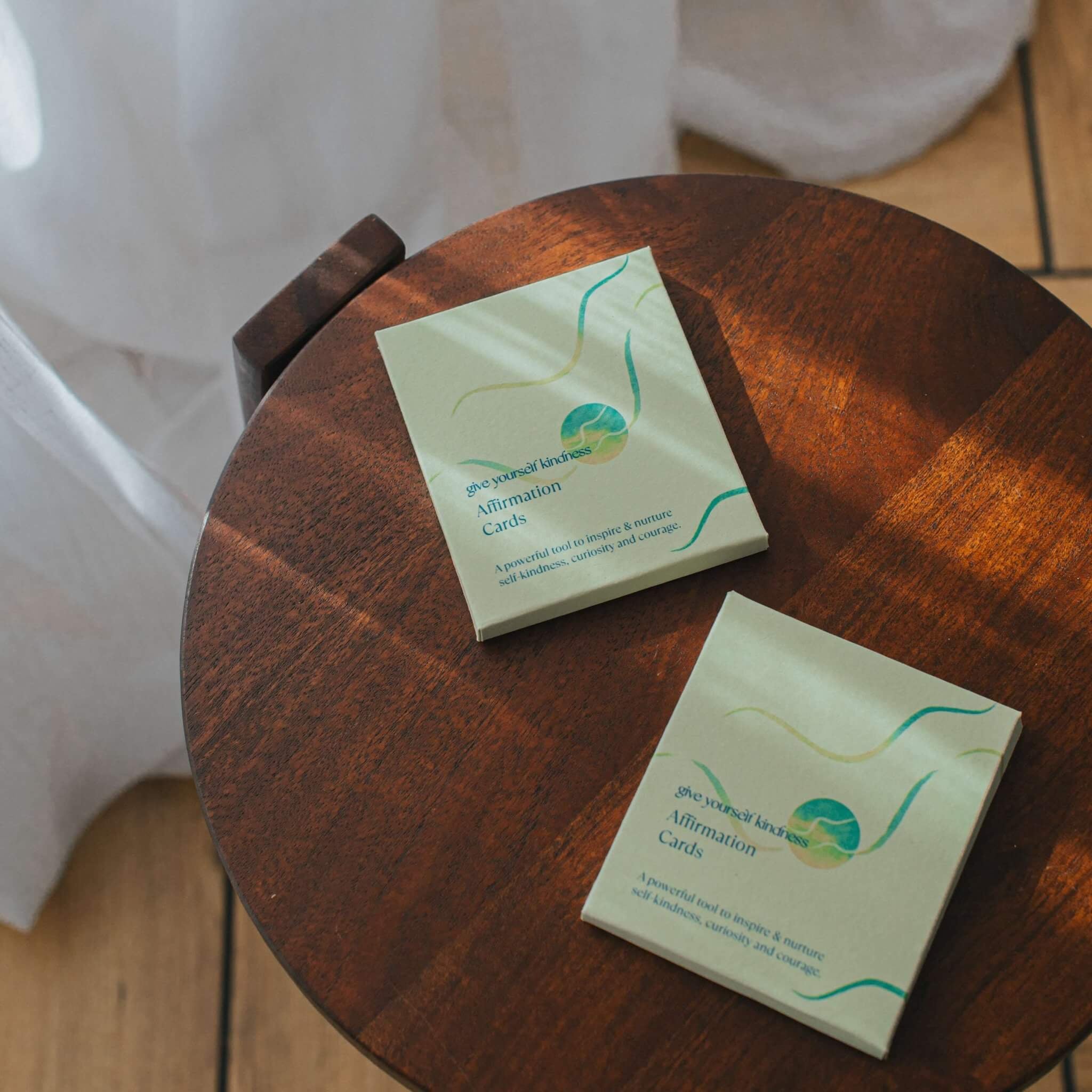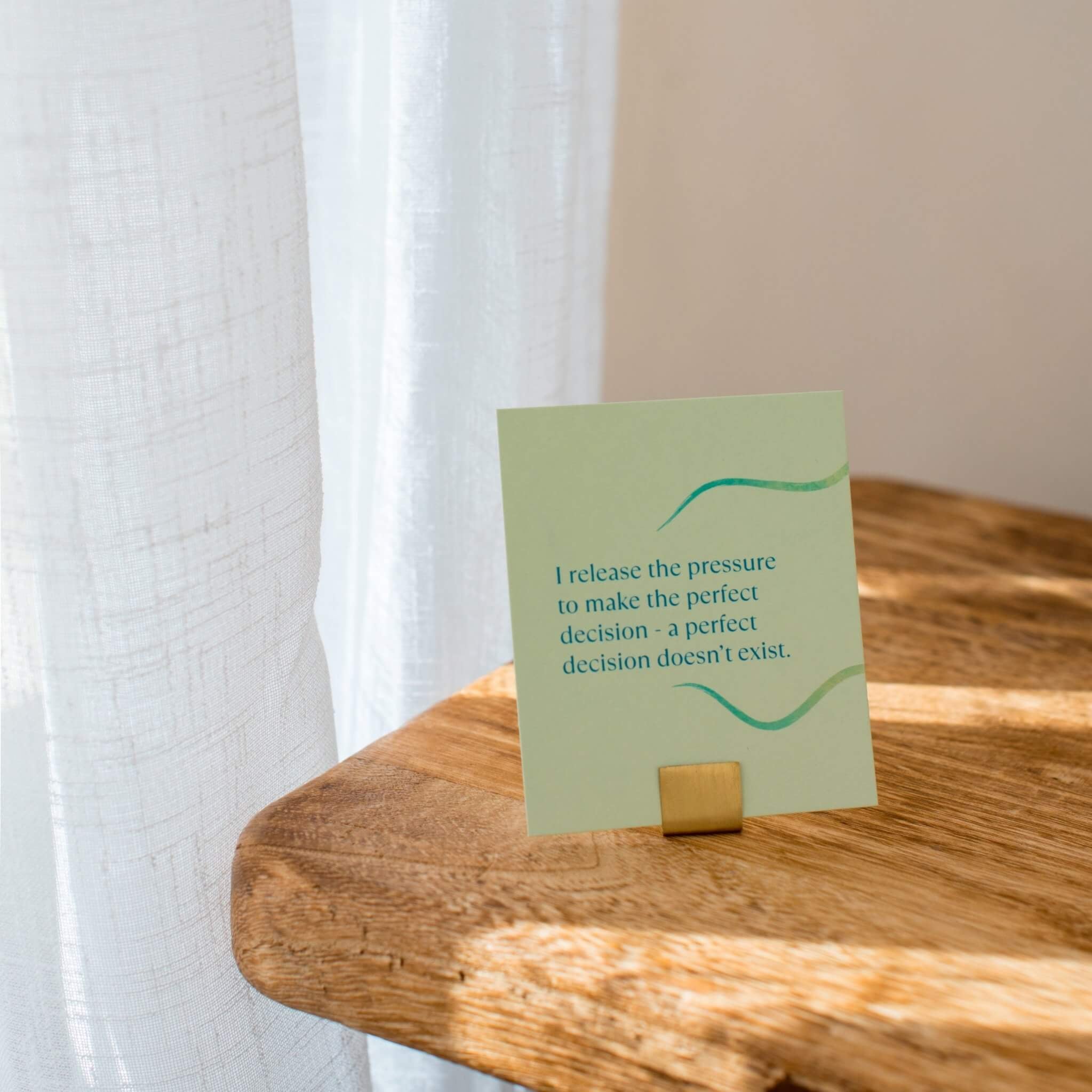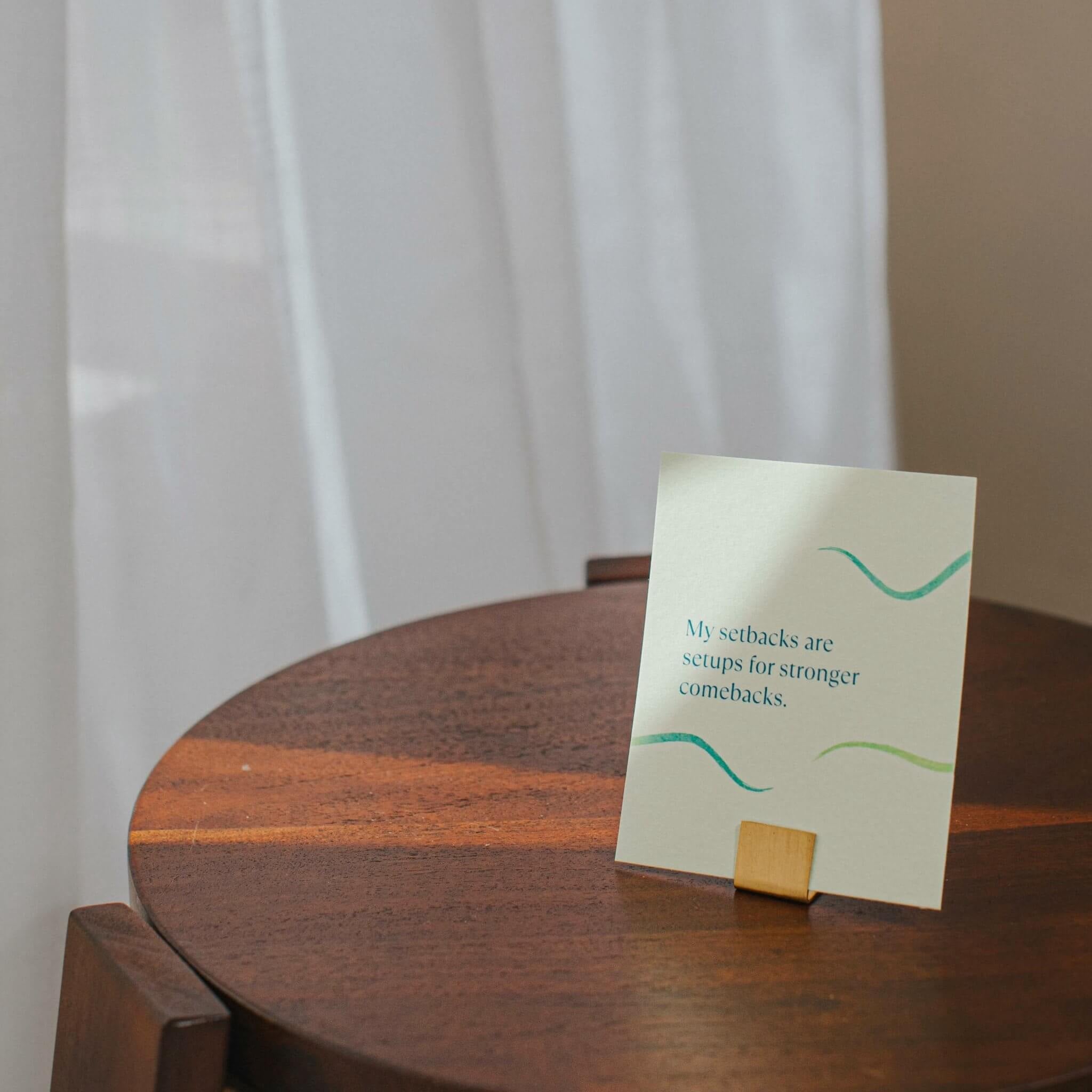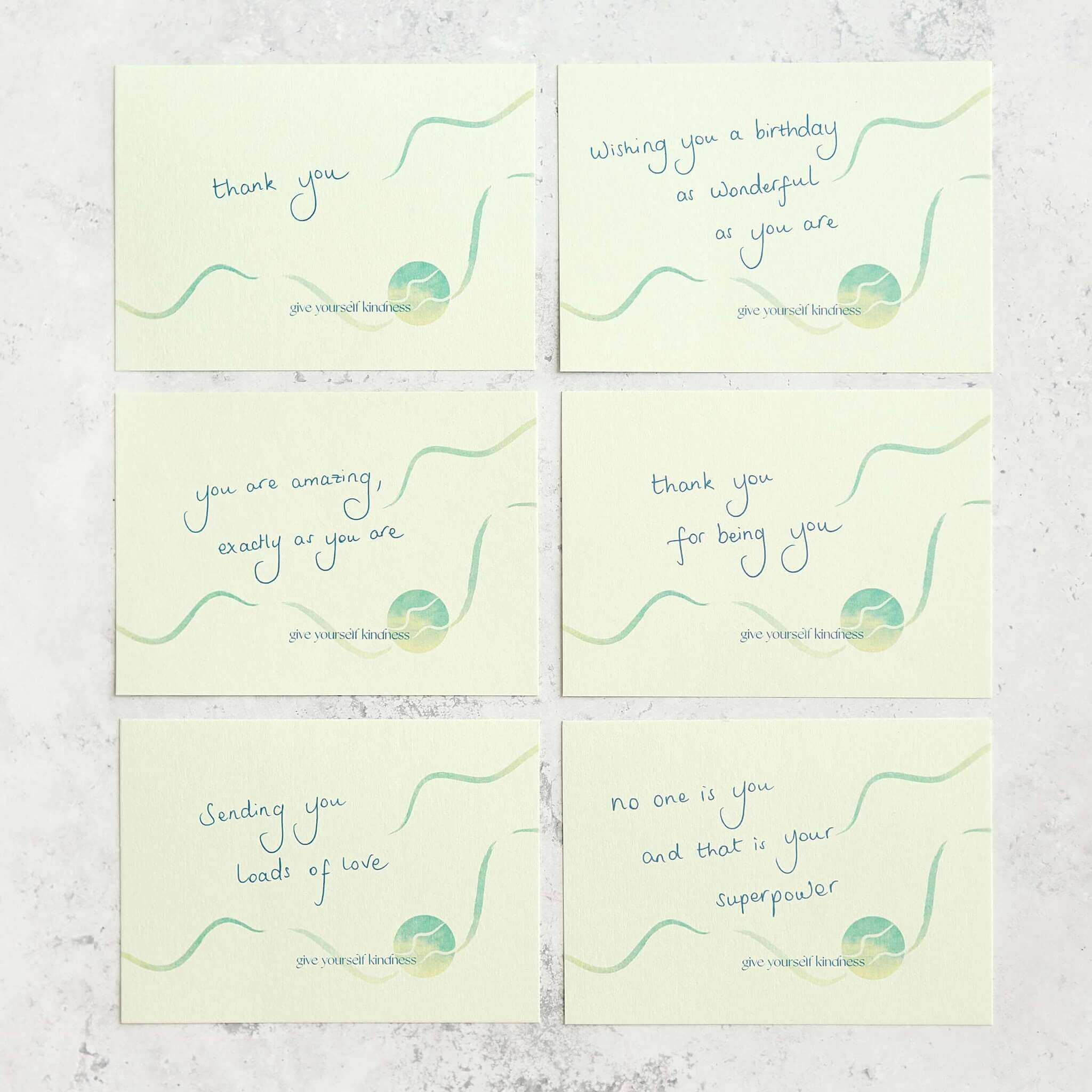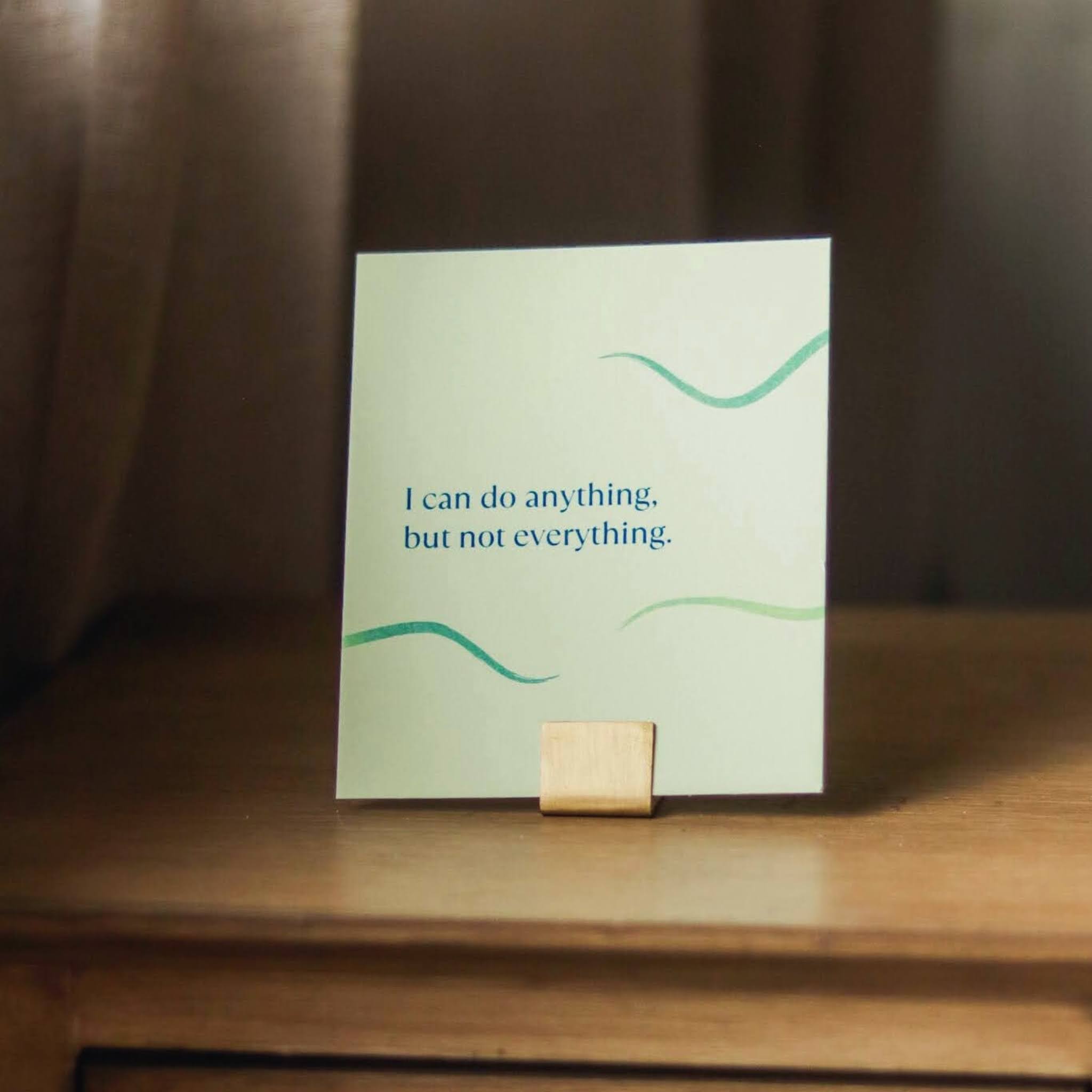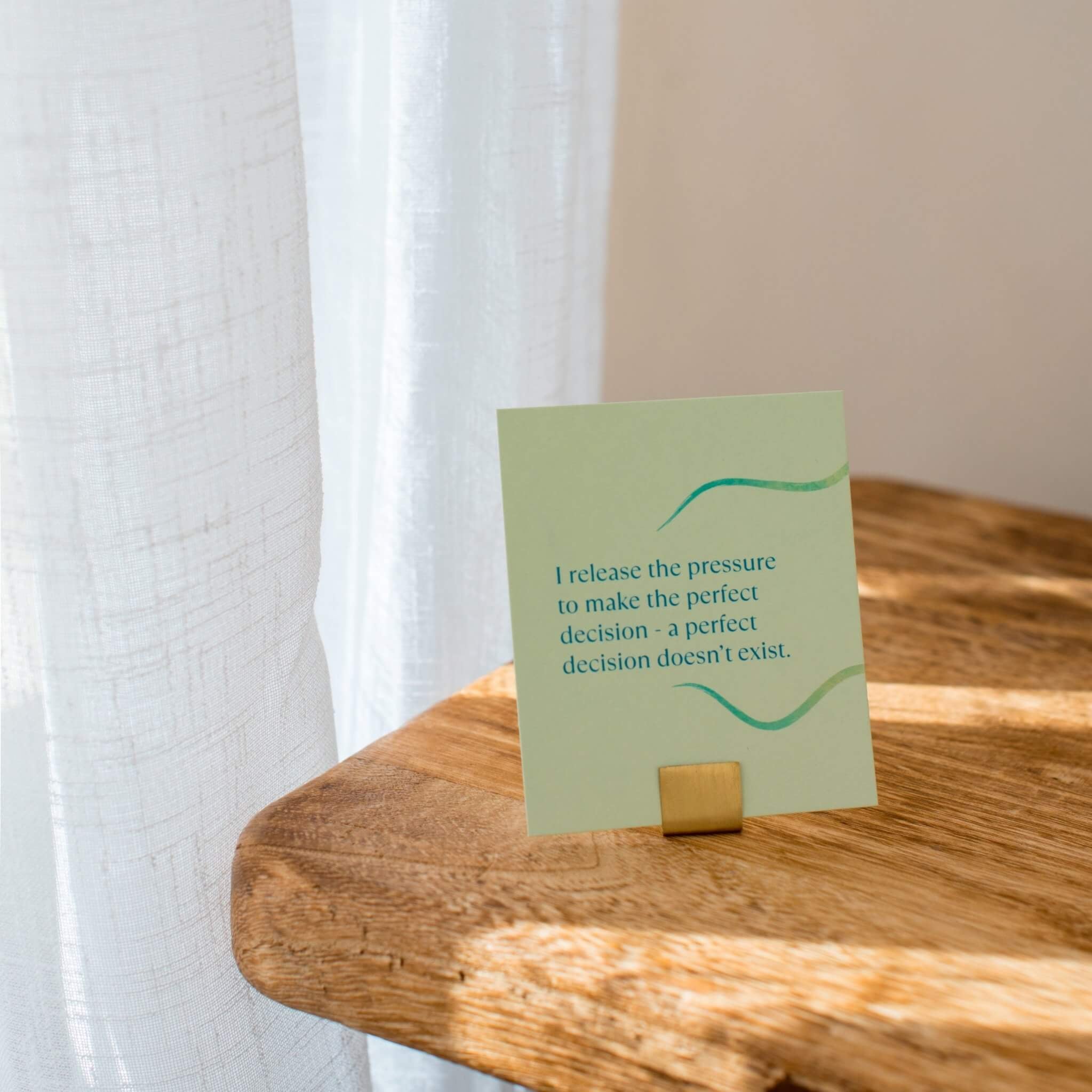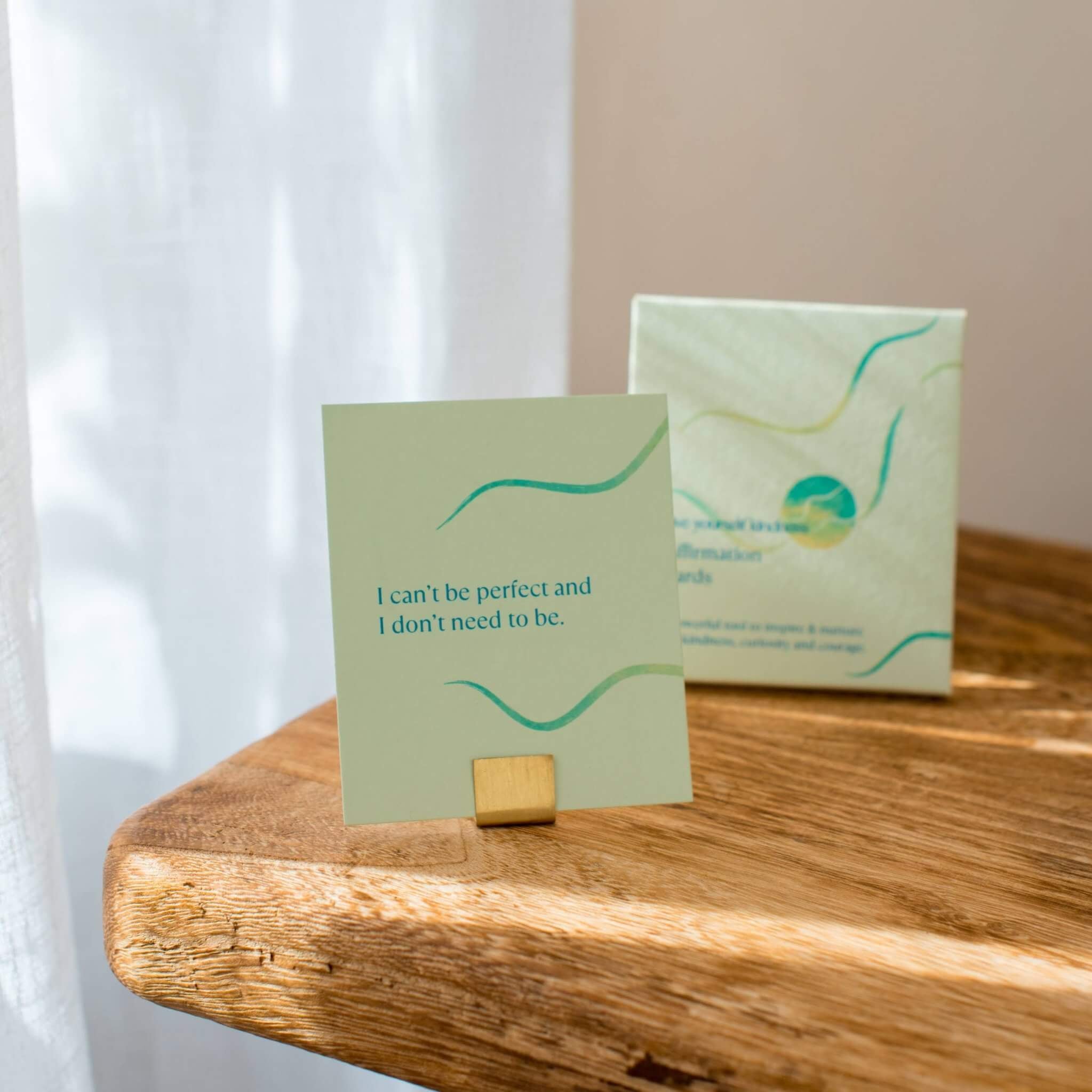Curious about self-compassion?
Hear from expert clinical psychologists, doctors and therapists around the world and discover the research behind self-compassion, and why the time for self-compassion and Give Yourself Kindness is now.
Approaching difficult emotions with a strong back and soft front
Chronic stress can leave us feeling overwhelmed, but resilience doesn’t mean shutting down our emotions. Kristin Neff, PhD, and Chris Germer, PhD, explain how cultivating a strong back—courage and stability—alongside a soft front—compassion and care—helps us face difficulties without being consumed by them.
How to deepen your mindfulness practice
Emotional distress can hijack our attention, leaving us exhausted and joyless, but mindfulness isn't just about calming the mind. Mark Williams, Emeritus Professor at Oxford and Founding Director of the Oxford Mindfulness Centre, reveals how cultivating awareness of the feeling tone—the immediate sense of pleasant, unpleasant, or neutral in each moment—helps us interrupt the cycles of reactivity that fuel our suffering, allowing us to respond with wisdom rather than react on autopilot.
Is self-compassion natural?
Chris Germer, PhD, clinical psychologist, Harvard lecturer, and co-developer of Mindful Self-Compassion, explores why self-compassion is the most natural thing in the world. Discover how embracing this instinct can help you respond to suffering with kindness rather than self-criticism.
Working through ambivalence about self-compassion
Dr. Stan Steindl, Clinical Psychologist and Adjunct Professor at University of Queensland's School of Psychology, explores the natural ambivalence we feel about self-compassion. Discover how to honor both your resistance and your desire for kindness without judgment. Learn practical steps to navigate this internal "tug-of-war" and find a wise, strong and courageous, caring, more helpful way forward.
How to stop beating yourself up
Dr. Maria Tucknott, Clinical Psychologist and founder of Tucknott Psychology, reveals why your inner critic isn't a personal failing but part of our evolved threat system. Discover how Compassion-Focused Therapy can transform an inner bully into an inner ally through practical skills like compassionate breathing, self-imagery, and daily check-ins. Learn to meet yourself with warmth instead of war, gently retraining your mind to respond with kindness rather than criticism.
Self-compassion is not self-pity
Self-compassion is often misunderstood as self-pity, but the two couldn’t be more different. While self-pity isolates us in thoughts like "Why me?", self-compassion reminds us that everyone struggles. Kristin Neff, PhD, and Chris Germer, PhD, explain how self-compassion helps us break free from rumination, ease emotional burdens, and feel more connected to others.
Befriending your mind with patience
Professor Willem Kuyken, a leading expert in mindfulness and well-being, explores how patience can transform your mind into a lifelong friend. Discover how cultivating patience helps you navigate life’s challenges with greater ease, trust, and wisdom.
Is self-compassion linked to seeing oneself as a victim?
Dr. Rick Hanson, psychologist, Senior Fellow at UC Berkeley’s Greater Good Science Center, and best-selling author, explores two meanings of 'victim'—one reflecting real mistreatment, the other implying helplessness. Discover how self-compassion honors the first without fueling the second.
Self-compassion or self-indulgence?
Some fear that self-compassion leads to self-indulgence, but true self-compassion always has its eyes on the prize: alleviating suffering. Kristin Neff, PhD, a pioneering self-compassion expert, explains how mindfulness, kindness, and common humanity help us meet our real needs—not just our wants—while keeping our choices balanced and sustainable.
Why self-compassion is more effective than self-criticism
Annabelle Kyle Dortch, Psy.D., clinical psychologist, shares why self-criticism keeps you stuck—and why self-compassion is the key to real change. Discover how to break the cycle and grow in a way that truly lasts.
The fears of self-compassion and how to work with them
Learn how to overcome common fears and embrace self-compassion with expert advice from Dr. Chris Irons, a clinical psychologist and one of the world's leading researchers and trainers of Compassion Focused Therapy. Uncover the top ten fears of self-compassion and find effective ways to address them.
Using our imagination to help cultivate self-compassion
Cultivating compassion can be the antidote to shame and self-criticism. Dr. Elaine Beaumont, cognitive behavioural psychotherapist and researcher, shares evidence-based imagery techniques that help us connect with our soothing system, escape unhelpful thinking loops, and boost wellbeing without hiding from our anxieties.
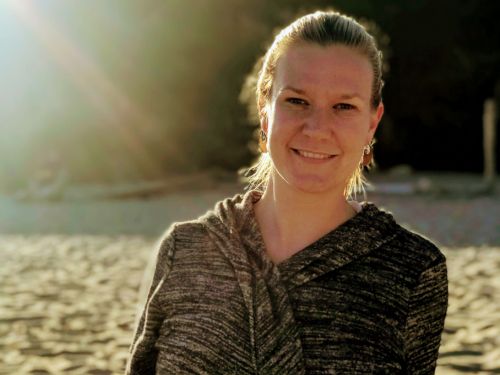

One of your favourites...
How to embrace your emotions: the 4A's.By psychotherapist and writer Nina Holle.


